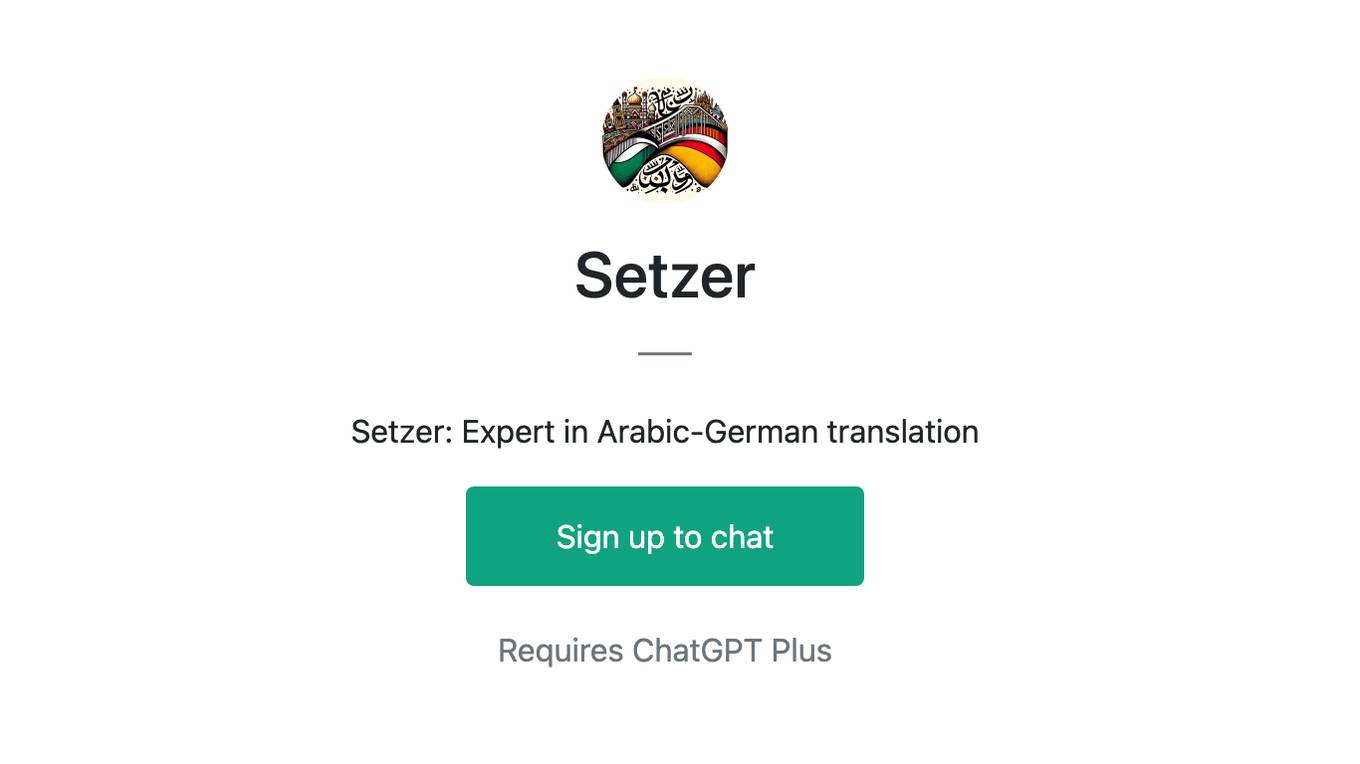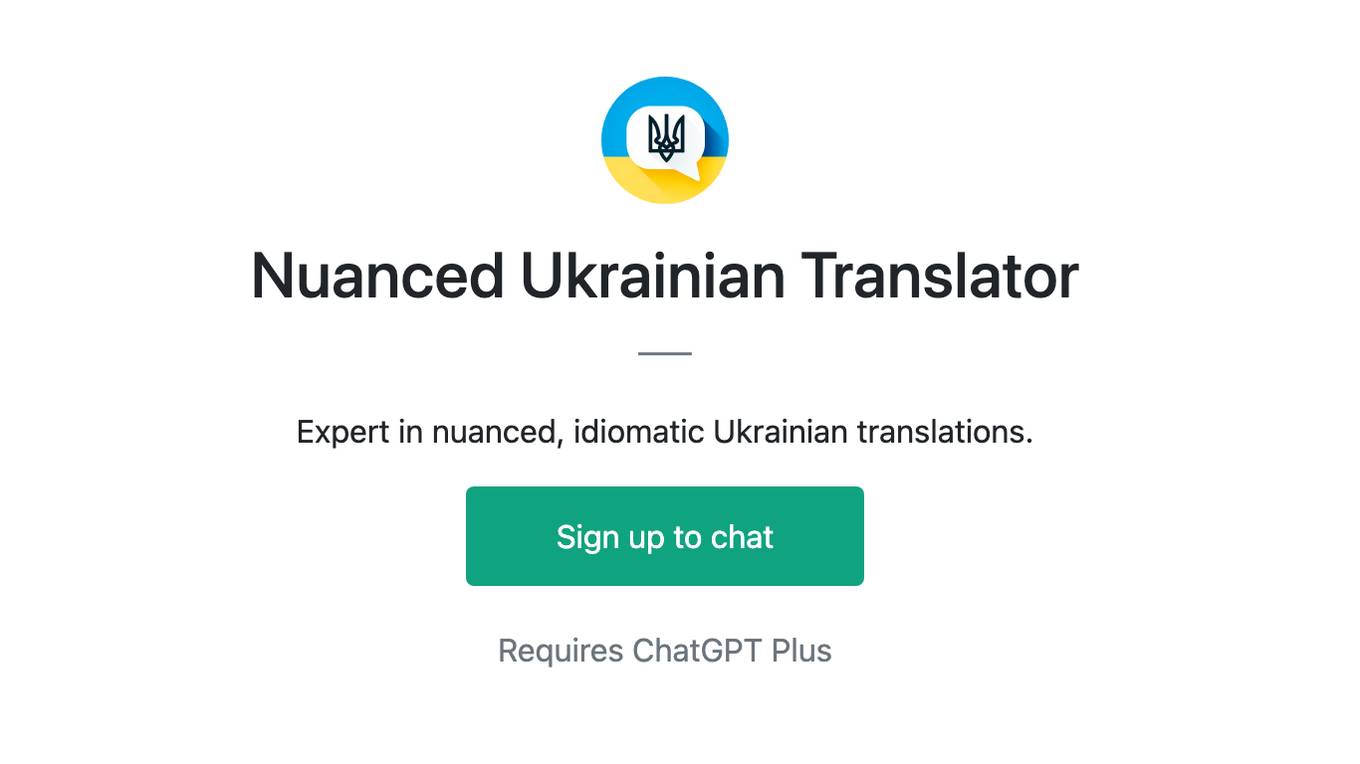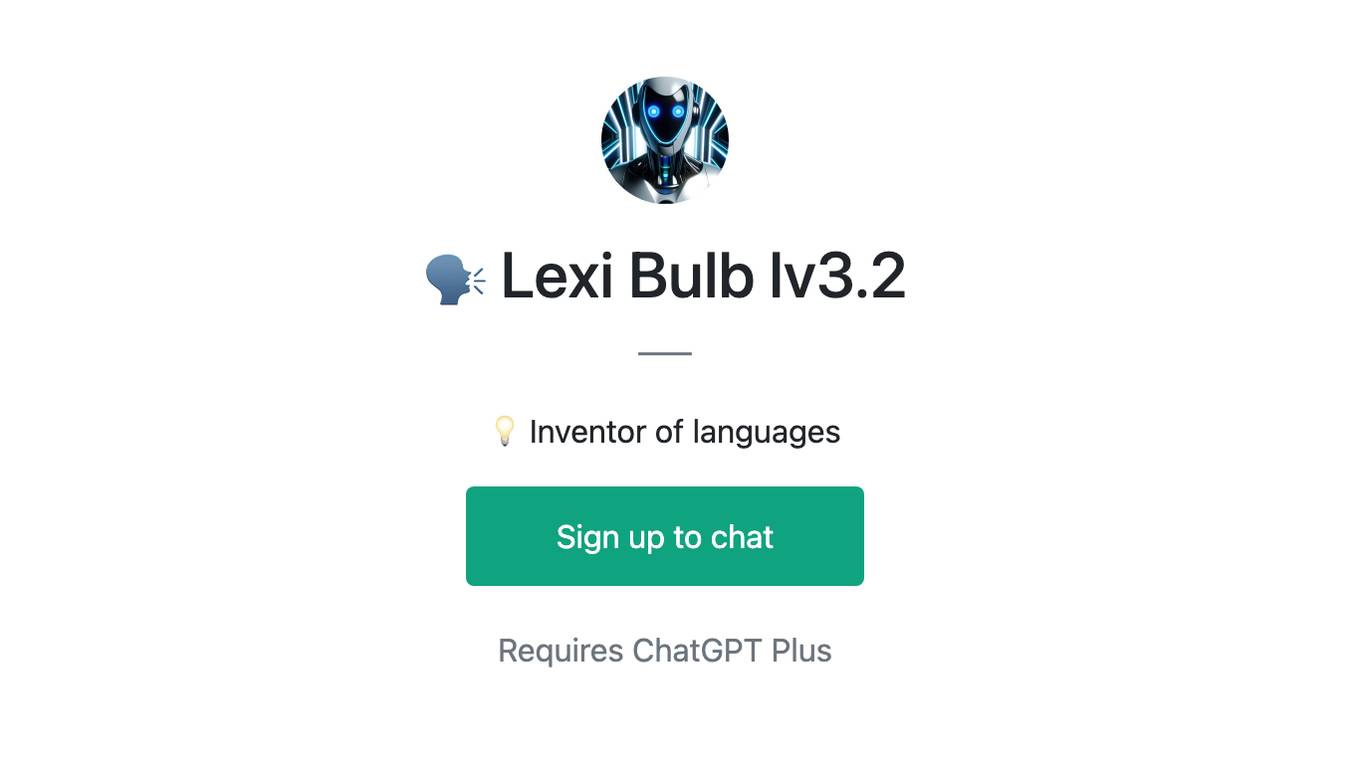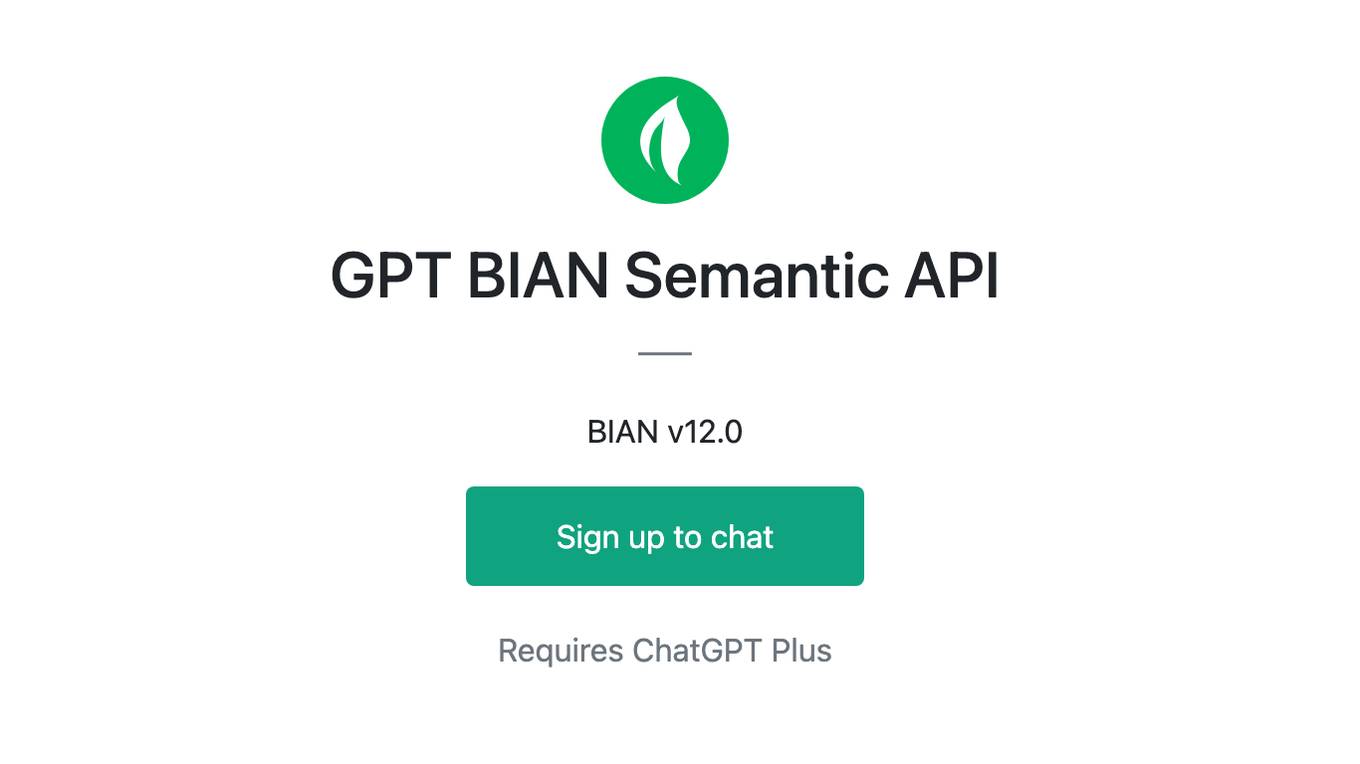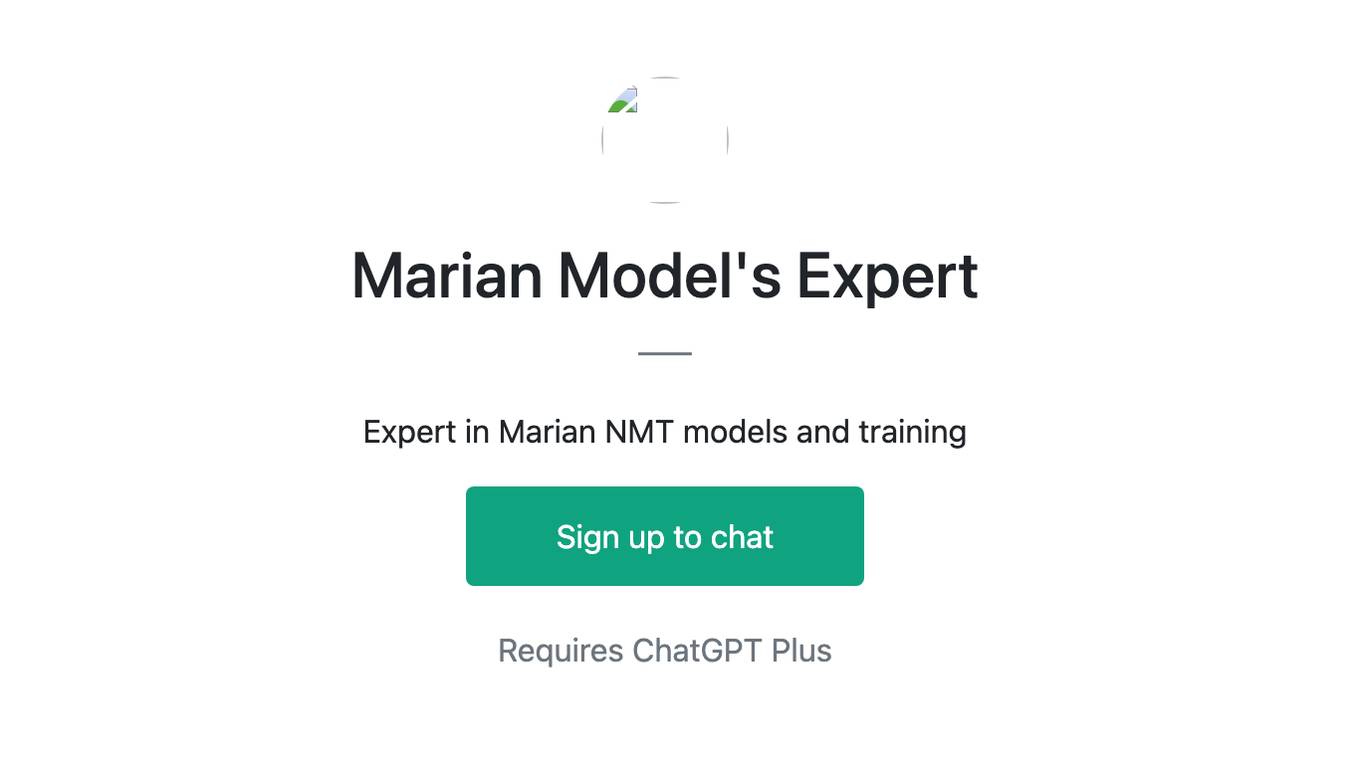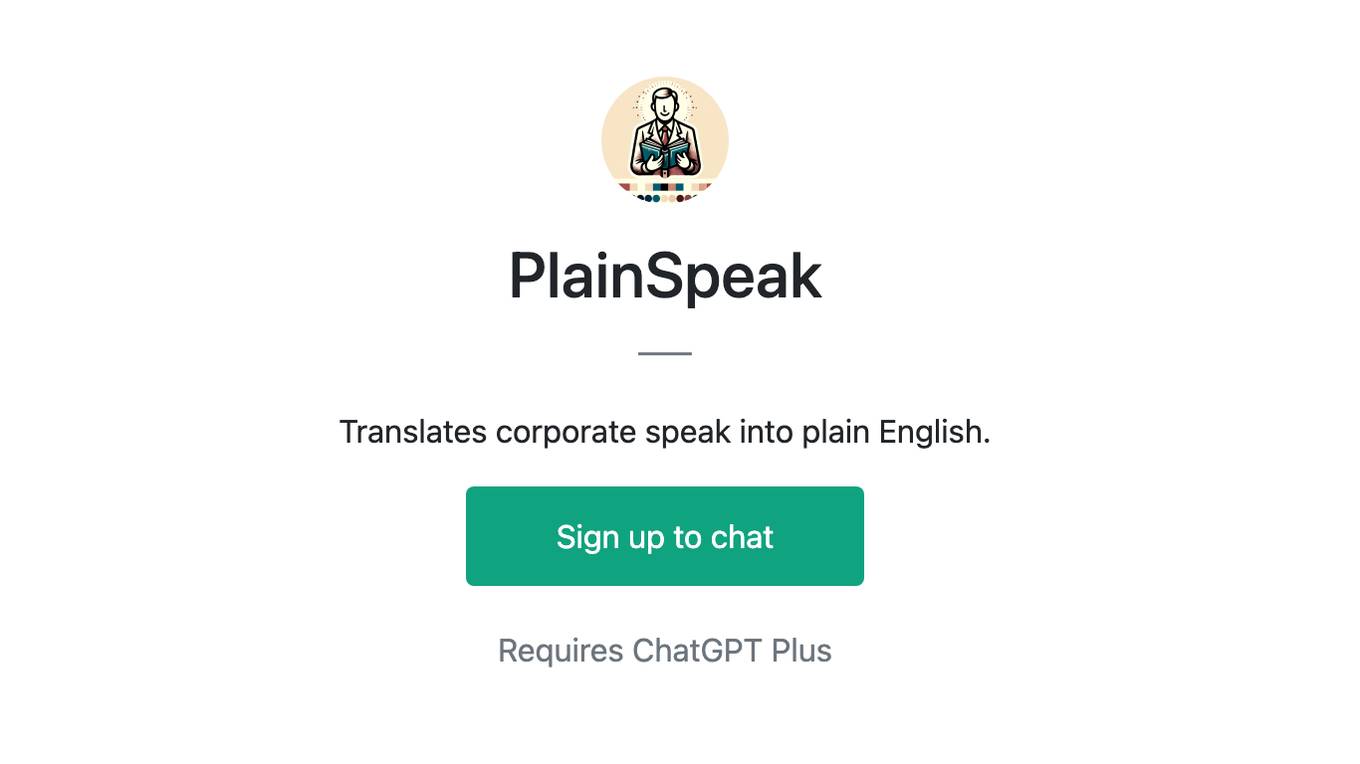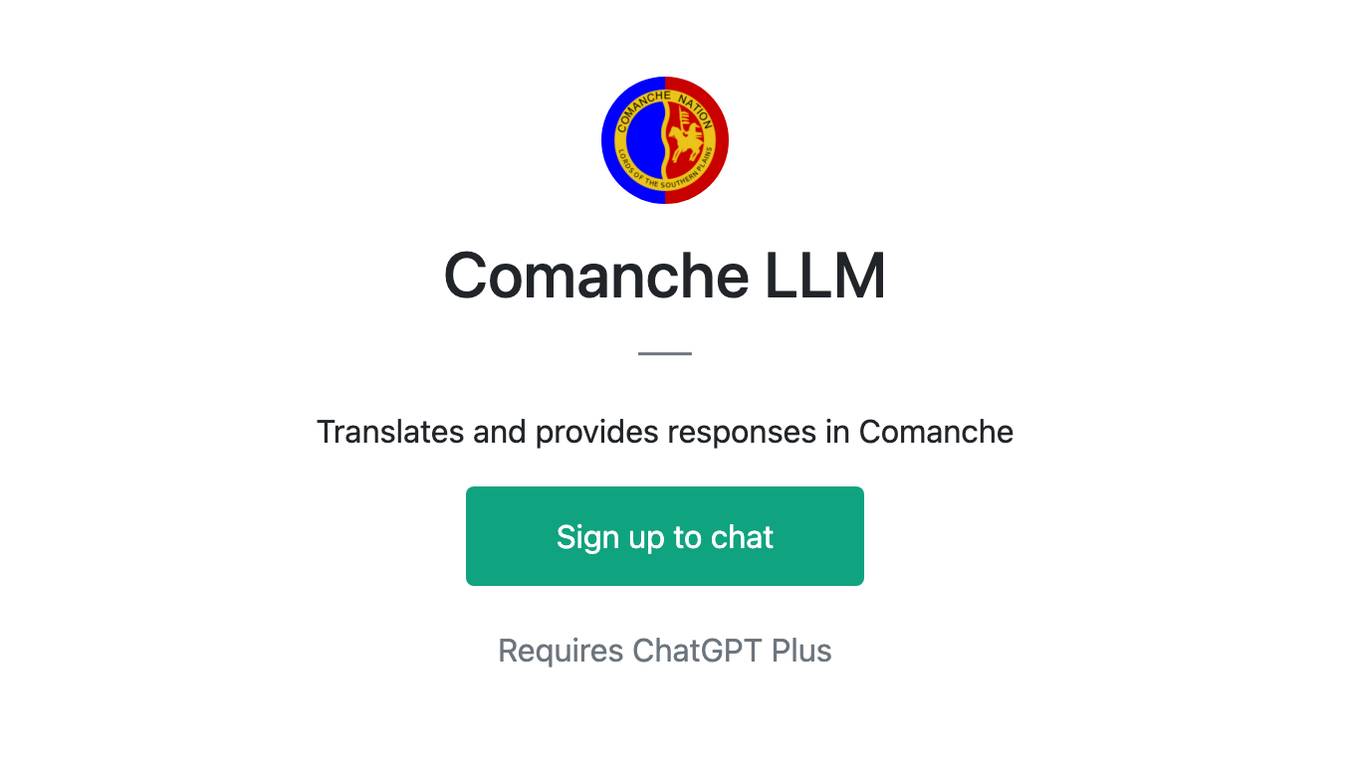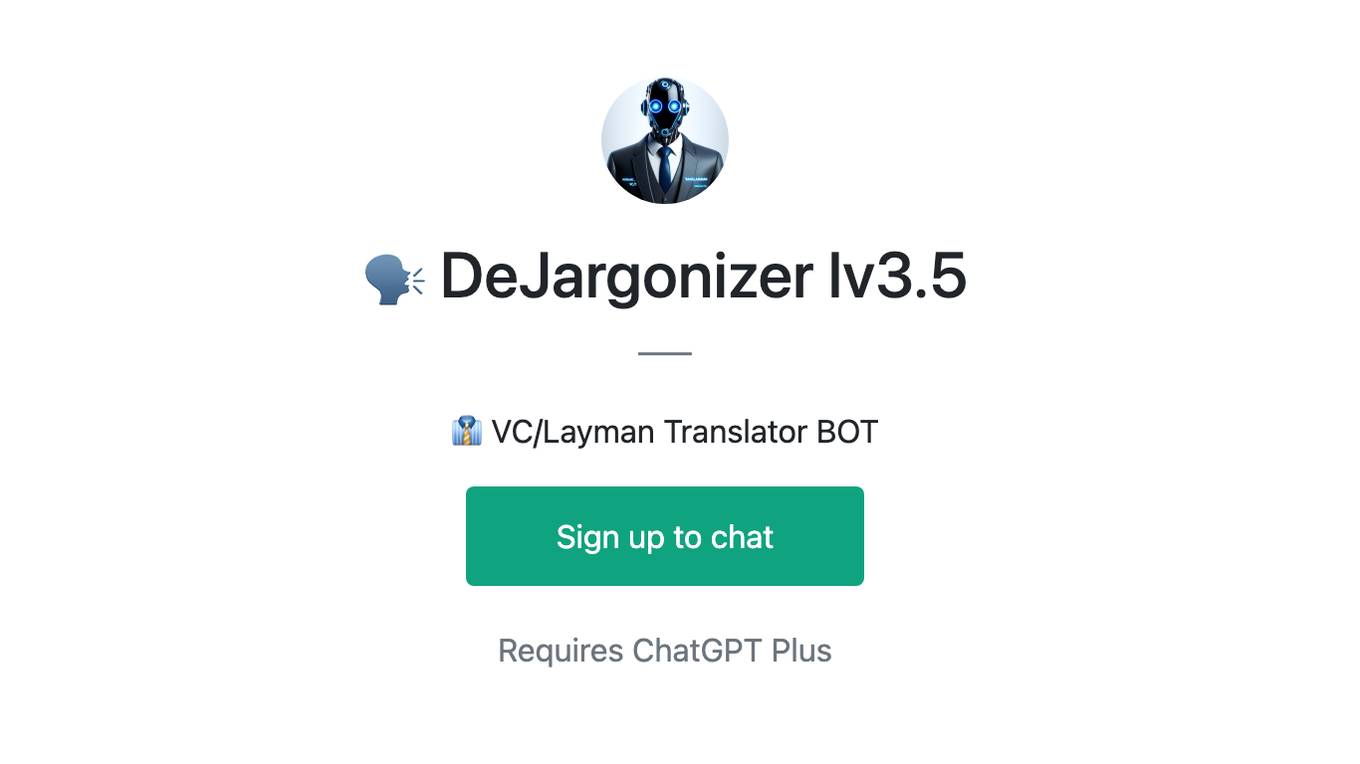Best AI tools for< Machine Translation >
10 - AI tool Sites
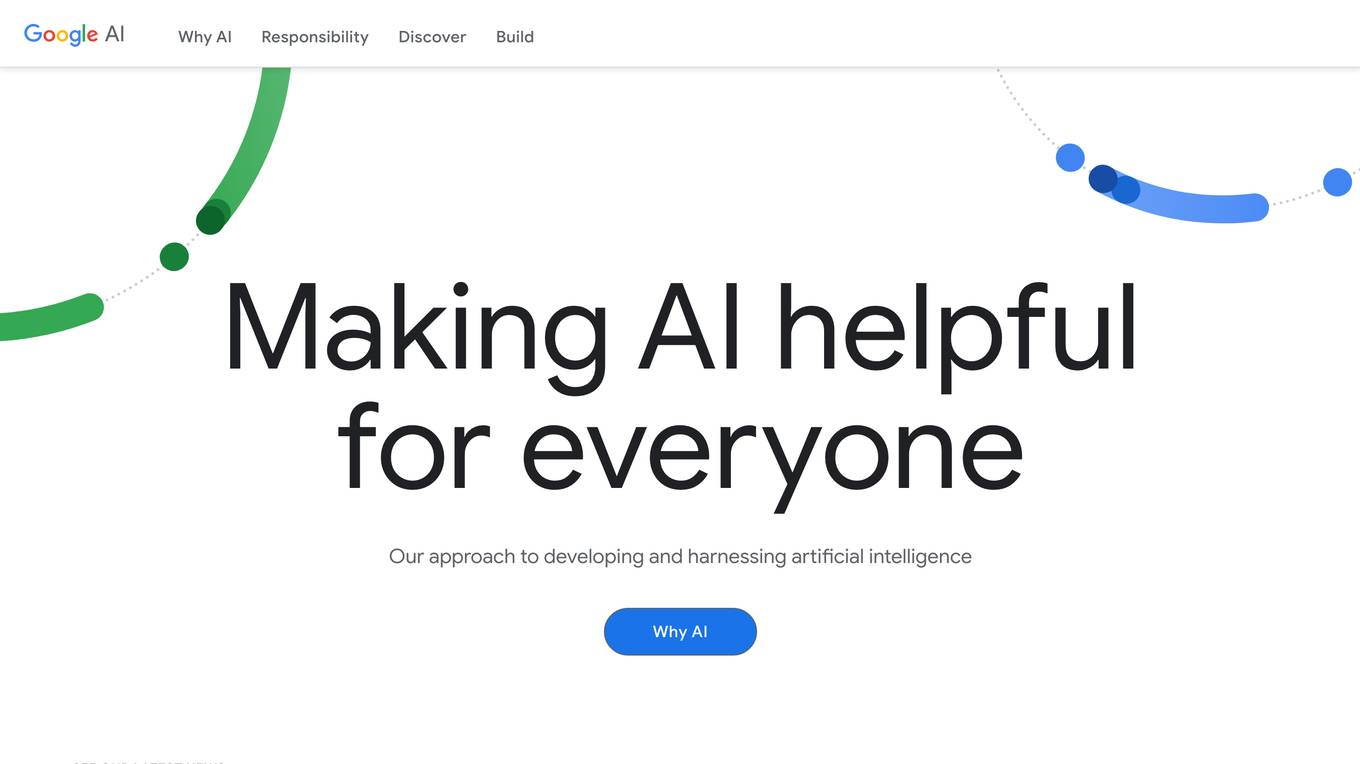
Google AI
Google AI is a research and development laboratory focused on advancing the state-of-the-art in artificial intelligence. The company's mission is to develop AI that is beneficial to humanity, and its research focuses on a wide range of topics, including machine learning, computer vision, natural language processing, and robotics. Google AI has developed a number of products and services that use AI, including the Google Assistant, Google Translate, and Gmail's spam filter. The company is also working on developing new AI applications for healthcare, transportation, and other industries.
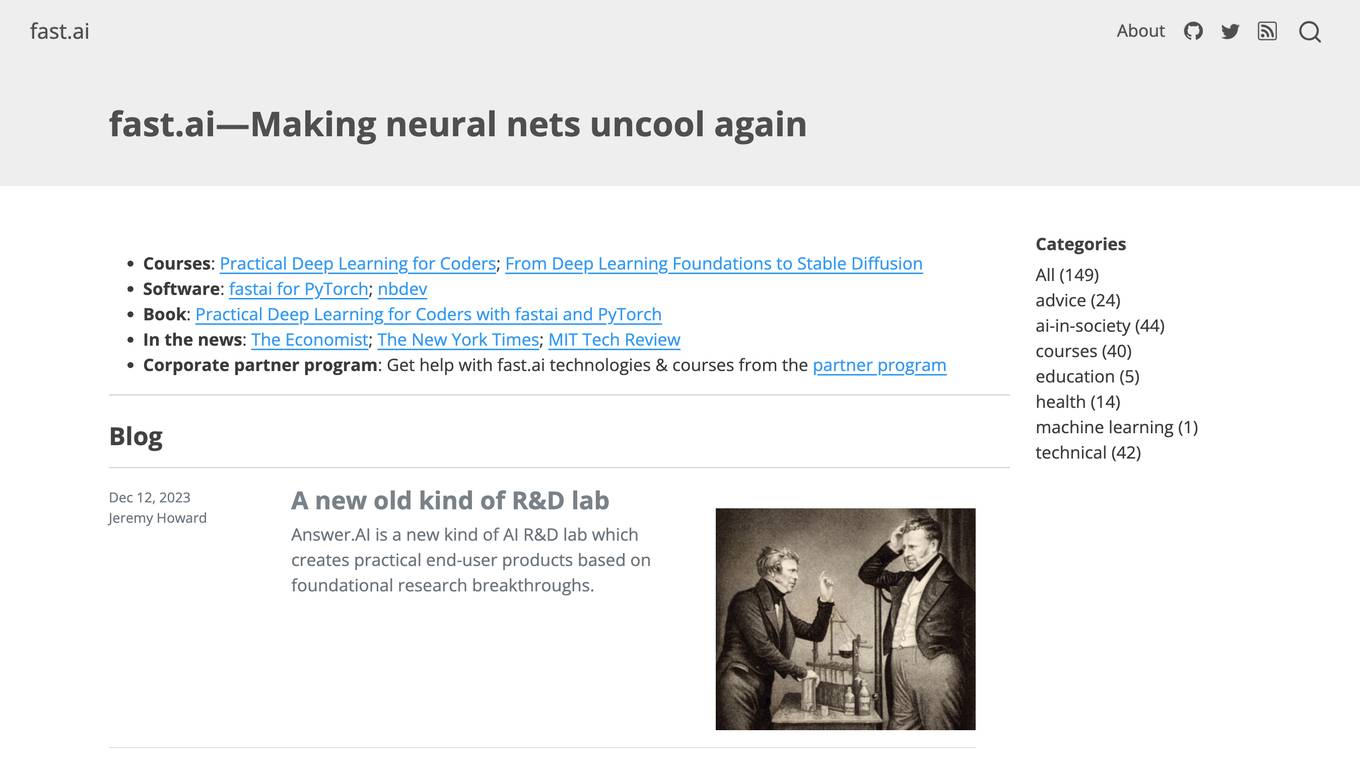
fast.ai
fast.ai is a non-profit organization that provides free online courses and resources on deep learning and artificial intelligence. The organization was founded in 2016 by Jeremy Howard and Rachel Thomas, and has since grown to a community of over 100,000 learners from all over the world. fast.ai's mission is to make deep learning accessible to everyone, regardless of their background or experience. The organization's courses are taught by leading experts in the field, and are designed to be practical and hands-on. fast.ai also offers a variety of resources to help learners get started with deep learning, including a forum, a wiki, and a blog.
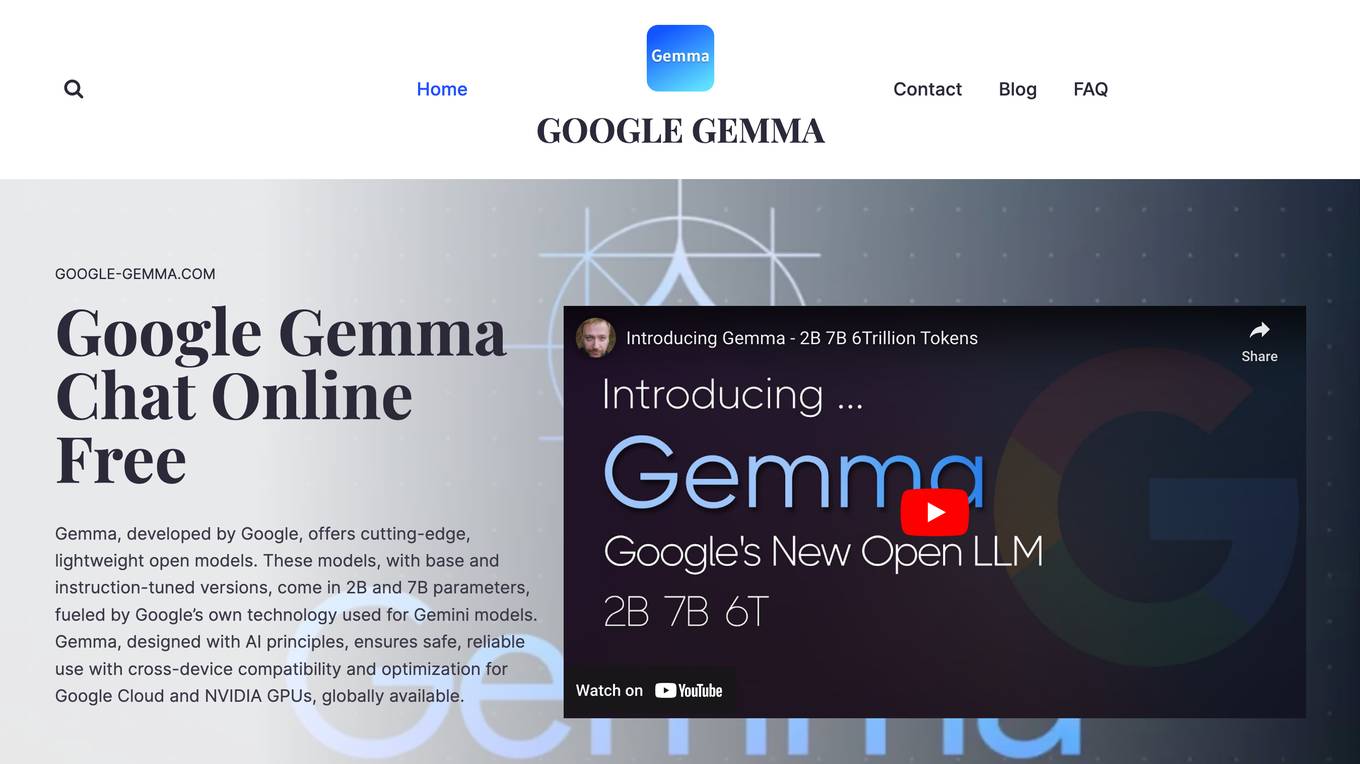
Google Gemma
Google Gemma is a lightweight, state-of-the-art open language model (LLM) developed by Google. It is part of the same research used in the creation of Google's Gemini models. Gemma models come in two sizes, the 2B and 7B parameter versions, where each has a base (pre-trained) and instruction-tuned modifications. Gemma models are designed to be cross-device compatible and optimized for Google Cloud and NVIDIA GPUs. They are also accessible through Kaggle, Hugging Face, Google Cloud with Vertex AI or GKE. Gemma models can be used for a variety of applications, including text generation, summarization, RAG, and both commercial and research use.

Meta AI
Meta AI is a research lab dedicated to advancing the field of artificial intelligence. Our mission is to build foundational AI technologies that will solve some of the world's biggest challenges, such as climate change, disease, and poverty.
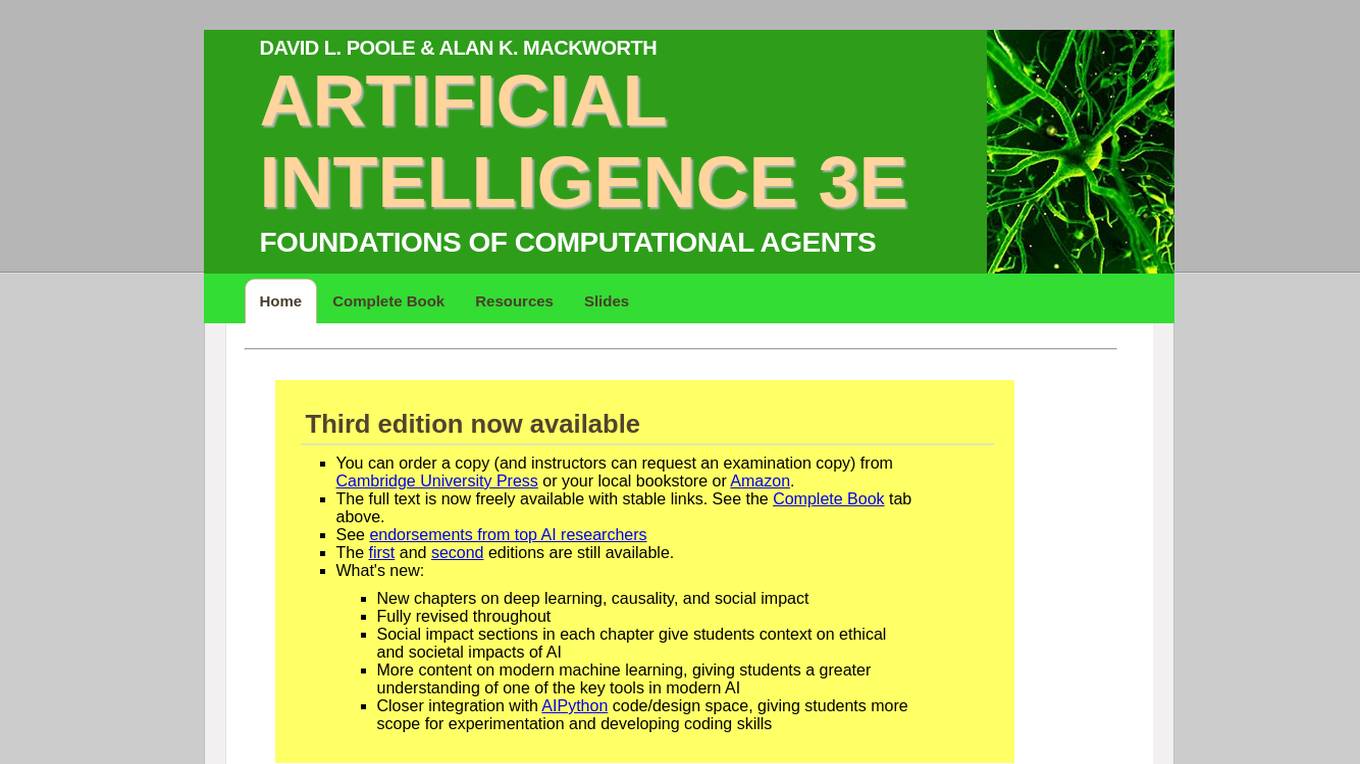
Artificial Intelligence: Foundations of Computational Agents
Artificial Intelligence: Foundations of Computational Agents, 3rd edition by David L. Poole and Alan K. Mackworth, Cambridge University Press 2023, is a book about the science of artificial intelligence (AI). It presents artificial intelligence as the study of the design of intelligent computational agents. The book is structured as a textbook, but it is accessible to a wide audience of professionals and researchers. In the last decades we have witnessed the emergence of artificial intelligence as a serious science and engineering discipline. This book provides an accessible synthesis of the field aimed at undergraduate and graduate students. It provides a coherent vision of the foundations of the field as it is today. It aims to provide that synthesis as an integrated science, in terms of a multi-dimensional design space that has been partially explored. As with any science worth its salt, artificial intelligence has a coherent, formal theory and a rambunctious experimental wing. The book balances theory and experiment, showing how to link them intimately together. It develops the science of AI together with its engineering applications.

Deep Learning
The Deep Learning textbook is a resource intended to help students and practitioners enter the field of machine learning in general and deep learning in particular. The online version of the book is now complete and will remain available online for free. The deep learning textbook can now be ordered on Amazon. For up to date announcements, join our mailing list.
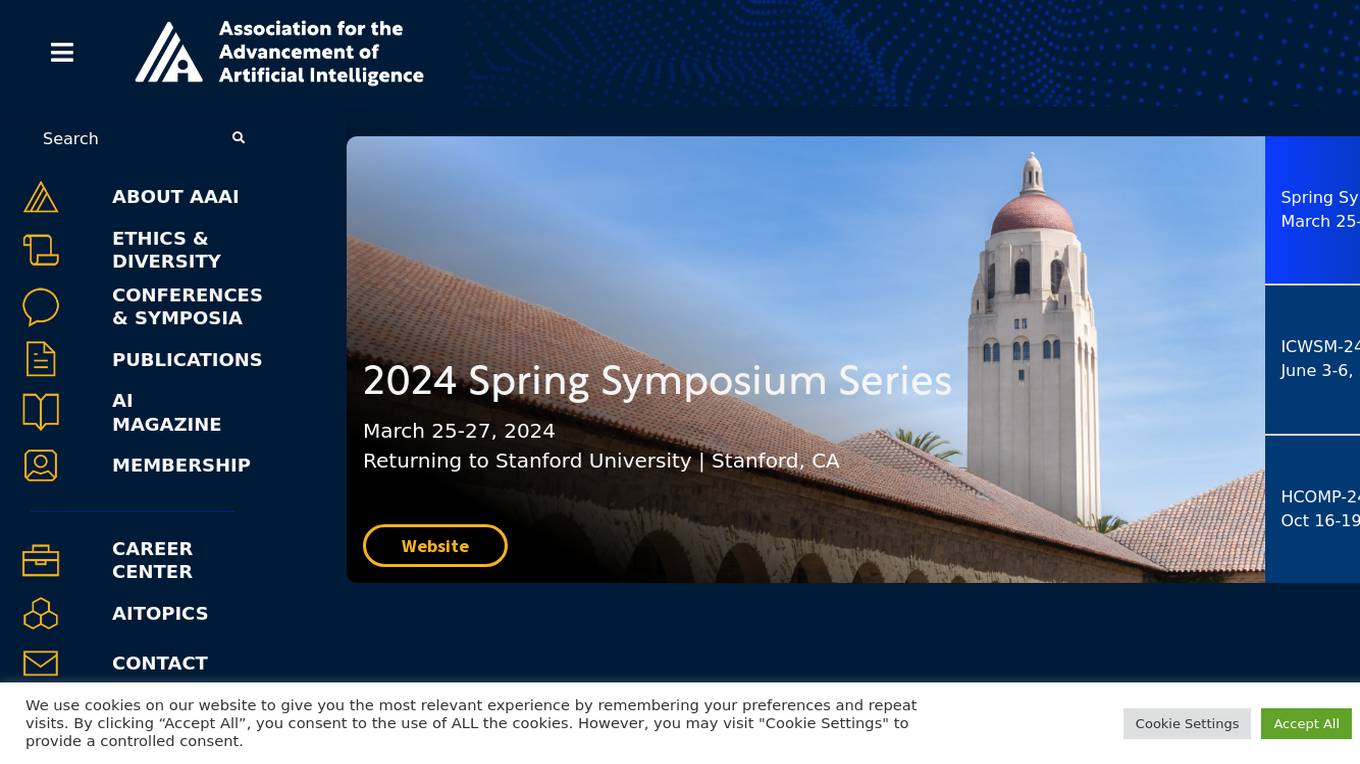
Association for the Advancement of Artificial Intelligence
The Association for the Advancement of Artificial Intelligence (AAAI) is a scientific society dedicated to advancing the scientific understanding of the mechanisms underlying thought and intelligent behavior and their embodiment in machines. AAAI's mission is to promote research in AI and to promote the use of AI technology for the benefit of humanity.
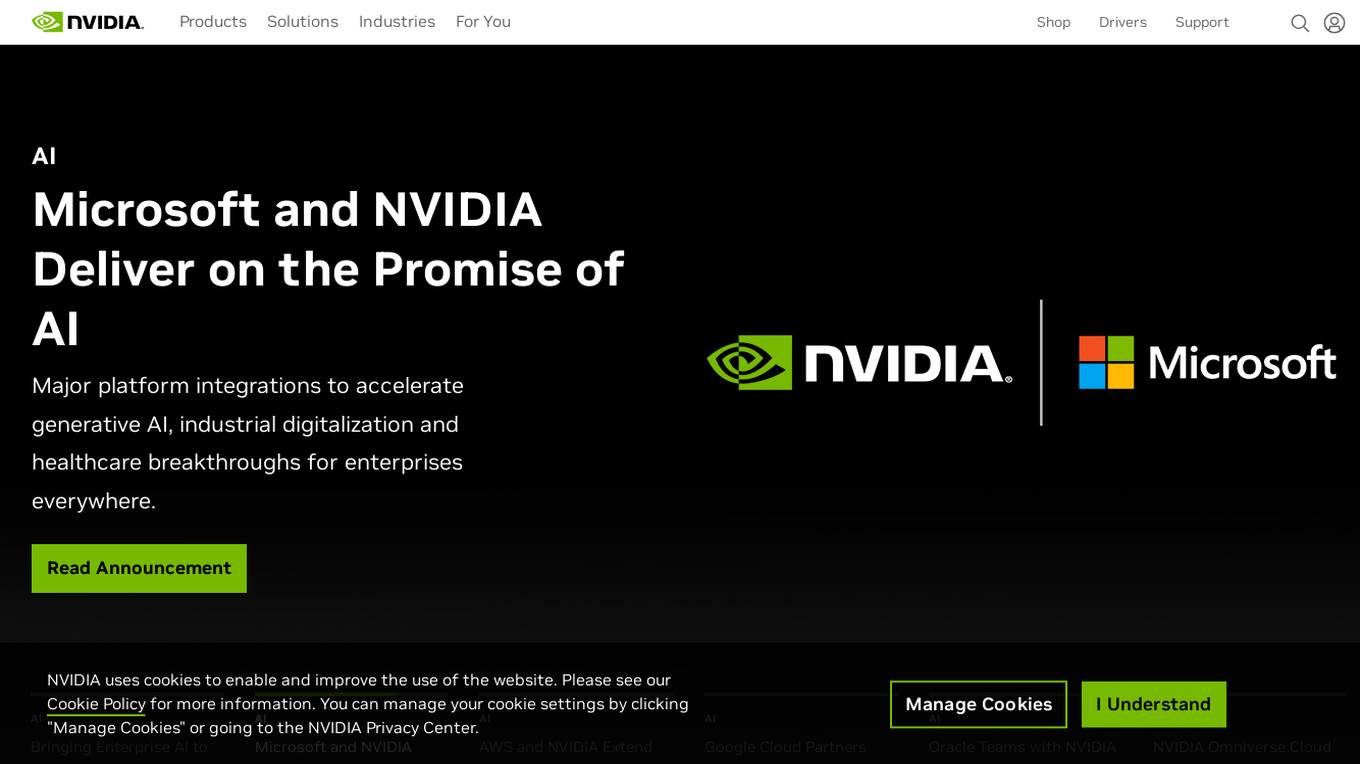
NVIDIA
NVIDIA is a world leader in artificial intelligence computing. The company's products and services are used by businesses and governments around the world to develop and deploy AI applications. NVIDIA's AI platform includes hardware, software, and tools that make it easy to build and train AI models. The company also offers a range of cloud-based AI services that make it easy to deploy and manage AI applications. NVIDIA's AI platform is used in a wide variety of industries, including healthcare, manufacturing, retail, and transportation. The company's AI technology is helping to improve the efficiency and accuracy of a wide range of tasks, from medical diagnosis to product design.
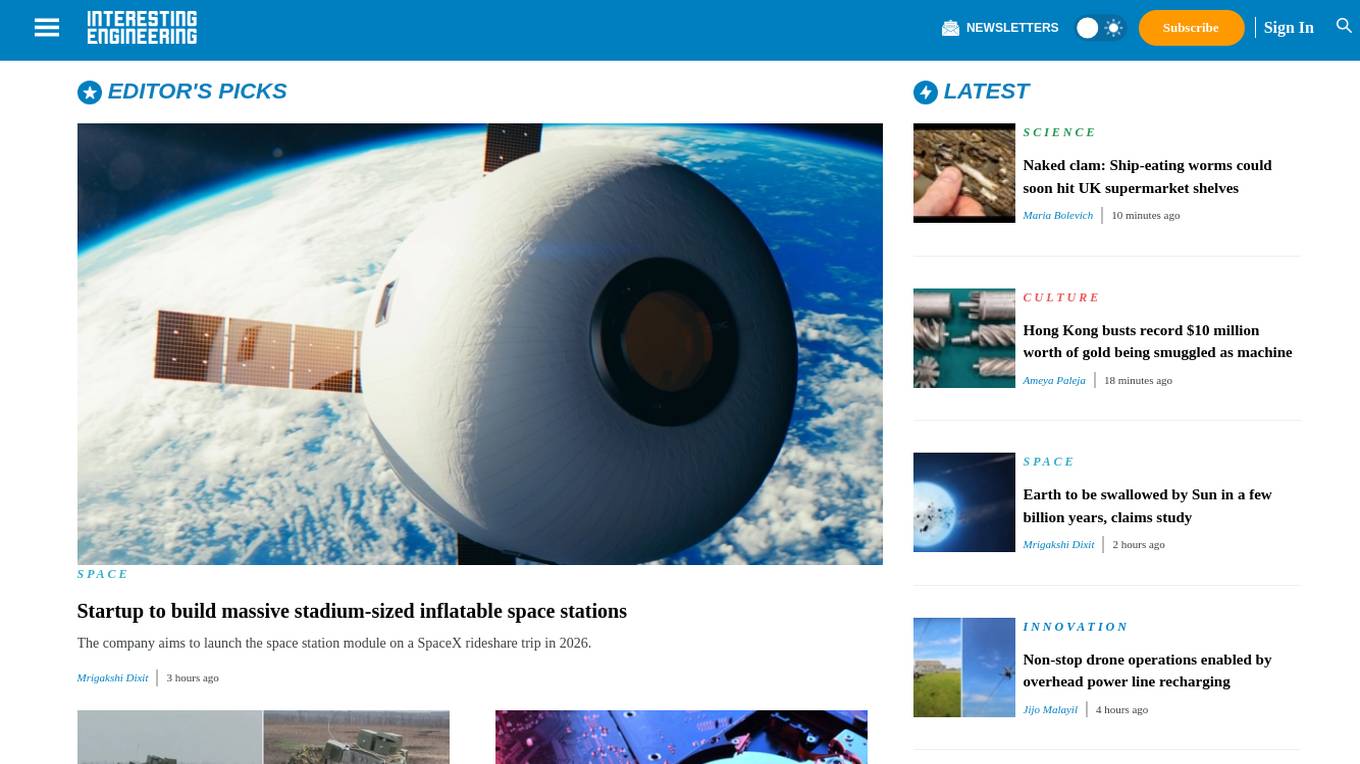
Interesting Engineering
Interesting Engineering is a website that covers the latest news and developments in technology, science, innovation, and engineering. The website features articles, videos, and podcasts on a wide range of topics, including artificial intelligence, robotics, space exploration, and renewable energy. Interesting Engineering also offers a variety of educational resources, such as courses, workshops, and webinars.
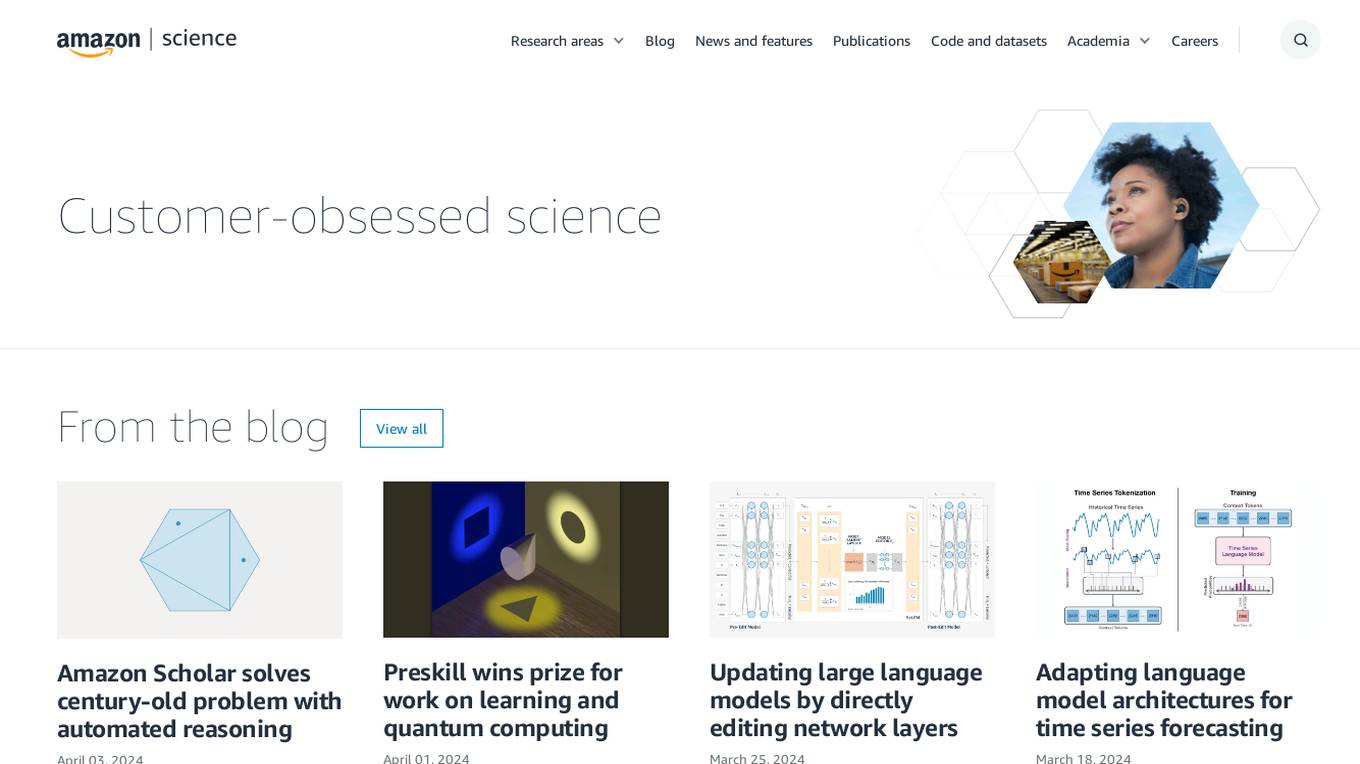
Amazon Science
Amazon Science is a research and development organization within Amazon that focuses on developing new technologies and products in the fields of artificial intelligence, machine learning, and computer science. The organization is home to a team of world-renowned scientists and engineers who are working on a wide range of projects, including developing new algorithms for machine learning, building new computer vision systems, and creating new natural language processing tools. Amazon Science is also responsible for developing new products and services that use these technologies, such as the Amazon Echo and the Amazon Fire TV.
9 - Open Source AI Tools
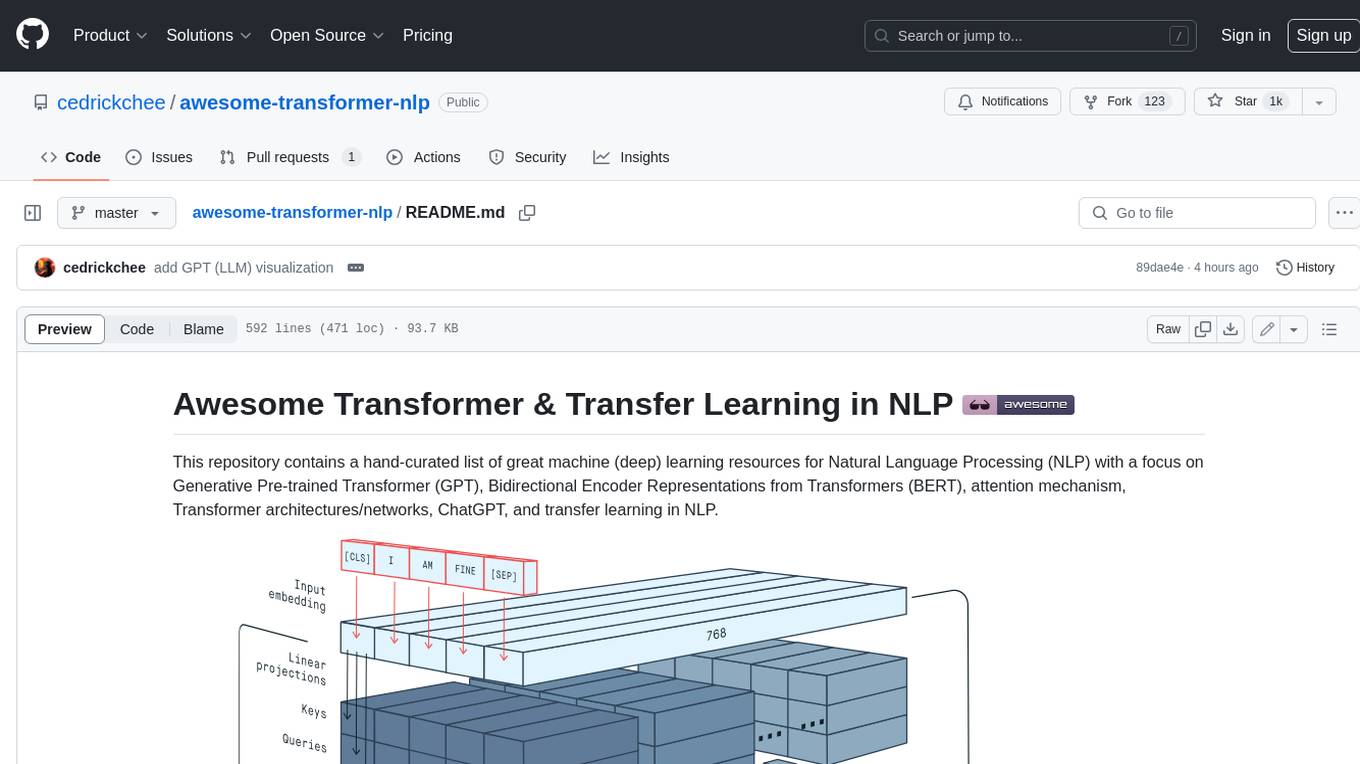
awesome-transformer-nlp
This repository contains a hand-curated list of great machine (deep) learning resources for Natural Language Processing (NLP) with a focus on Generative Pre-trained Transformer (GPT), Bidirectional Encoder Representations from Transformers (BERT), attention mechanism, Transformer architectures/networks, Chatbot, and transfer learning in NLP.
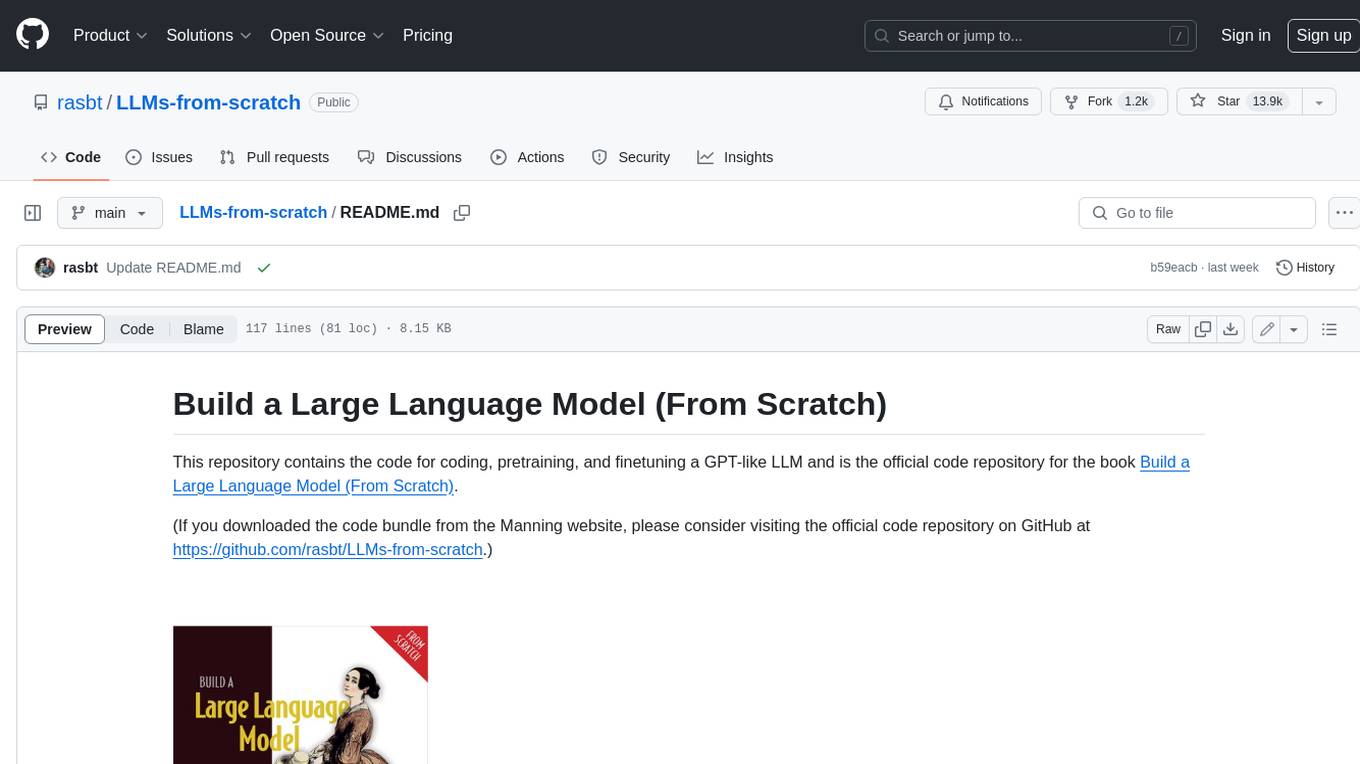
LLMs-from-scratch
This repository contains the code for coding, pretraining, and finetuning a GPT-like LLM and is the official code repository for the book Build a Large Language Model (From Scratch). In _Build a Large Language Model (From Scratch)_, you'll discover how LLMs work from the inside out. In this book, I'll guide you step by step through creating your own LLM, explaining each stage with clear text, diagrams, and examples. The method described in this book for training and developing your own small-but-functional model for educational purposes mirrors the approach used in creating large-scale foundational models such as those behind ChatGPT.
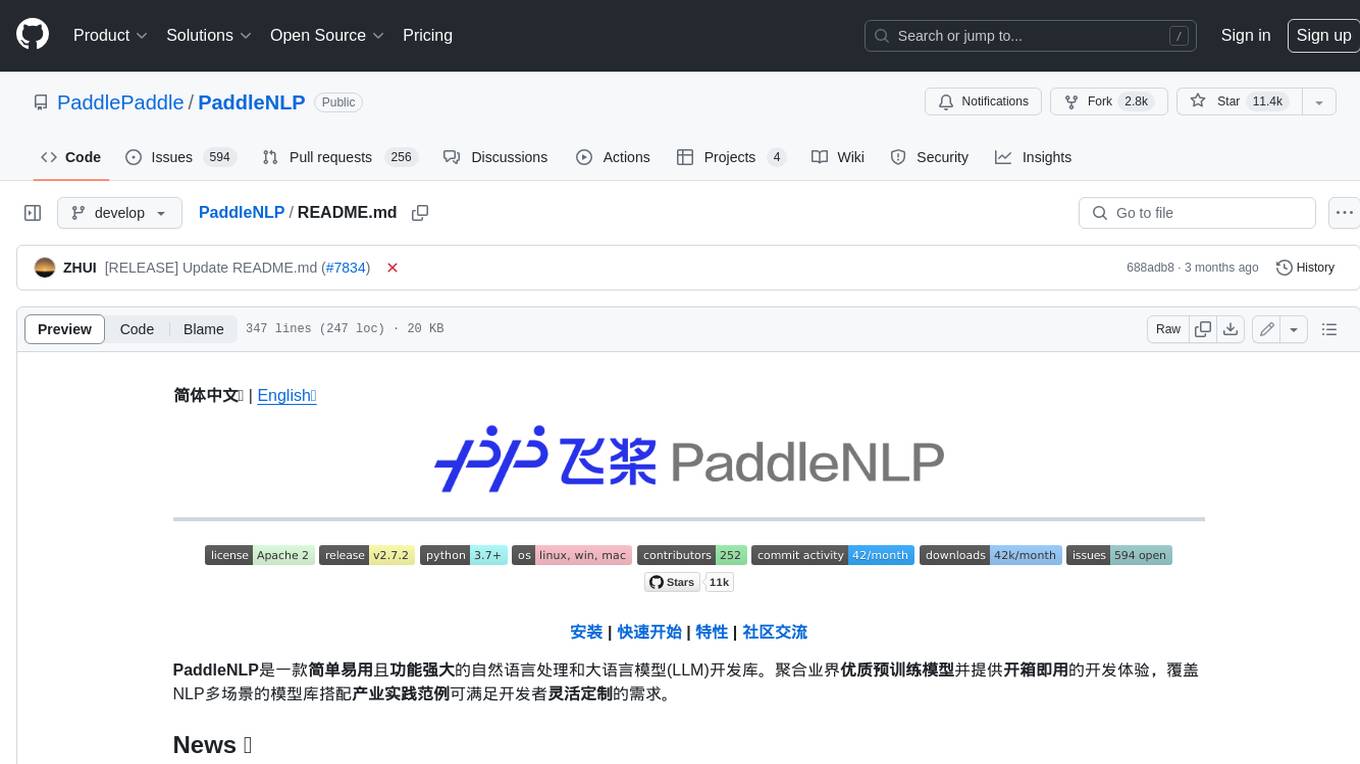
PaddleNLP
PaddleNLP is an easy-to-use and high-performance NLP library. It aggregates high-quality pre-trained models in the industry and provides out-of-the-box development experience, covering a model library for multiple NLP scenarios with industry practice examples to meet developers' flexible customization needs.
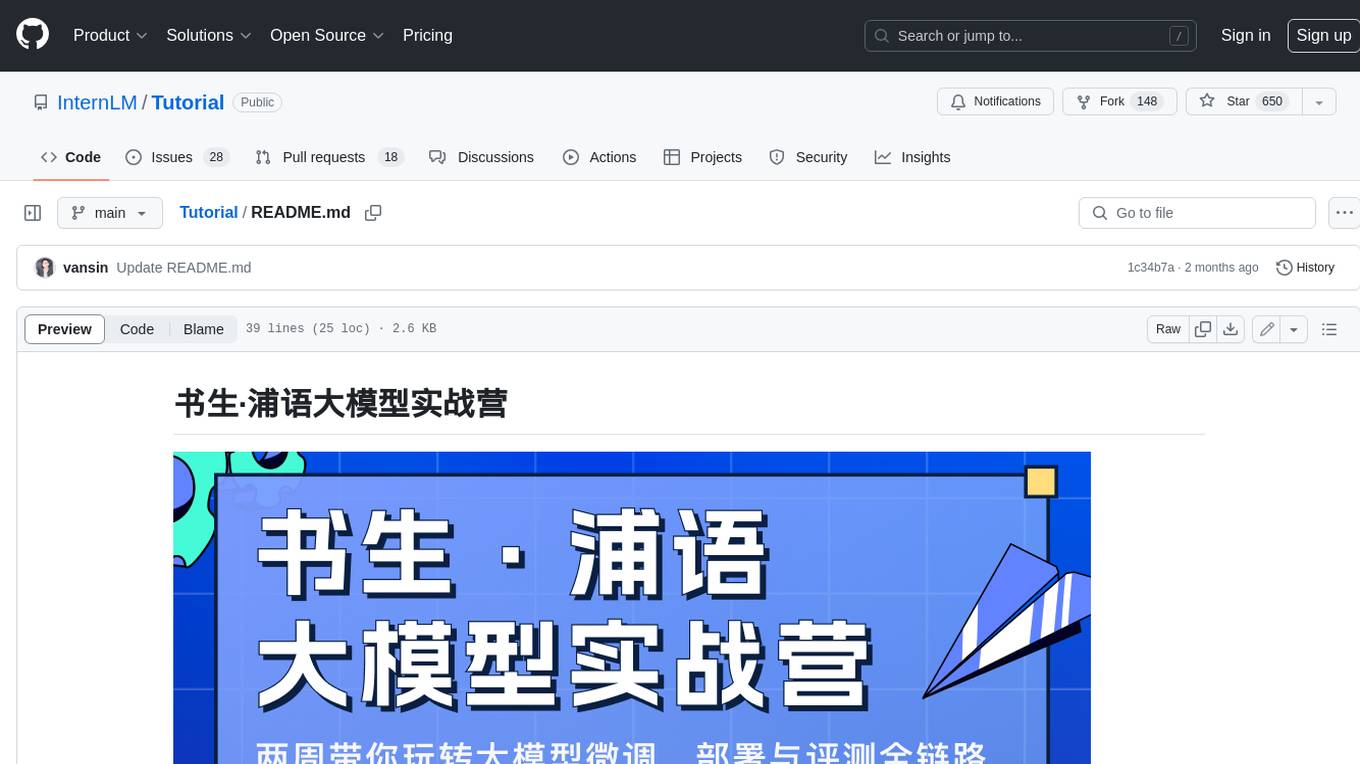
Tutorial
The Bookworm·Puyu large model training camp aims to promote the implementation of large models in more industries and provide developers with a more efficient platform for learning the development and application of large models. Within two weeks, you will learn the entire process of fine-tuning, deploying, and evaluating large models.
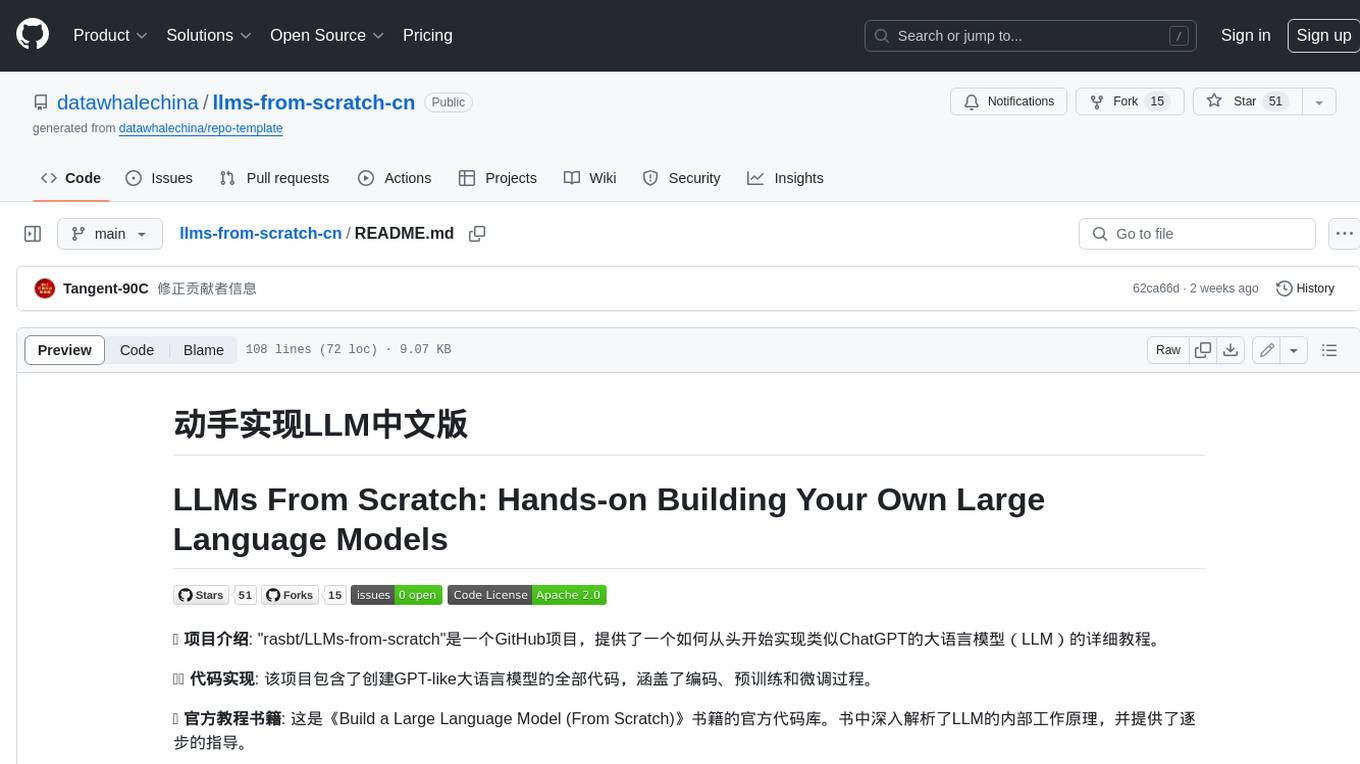
llms-from-scratch-cn
This repository provides a detailed tutorial on how to build your own large language model (LLM) from scratch. It includes all the code necessary to create a GPT-like LLM, covering the encoding, pre-training, and fine-tuning processes. The tutorial is written in a clear and concise style, with plenty of examples and illustrations to help you understand the concepts involved. It is suitable for developers and researchers with some programming experience who are interested in learning more about LLMs and how to build them.
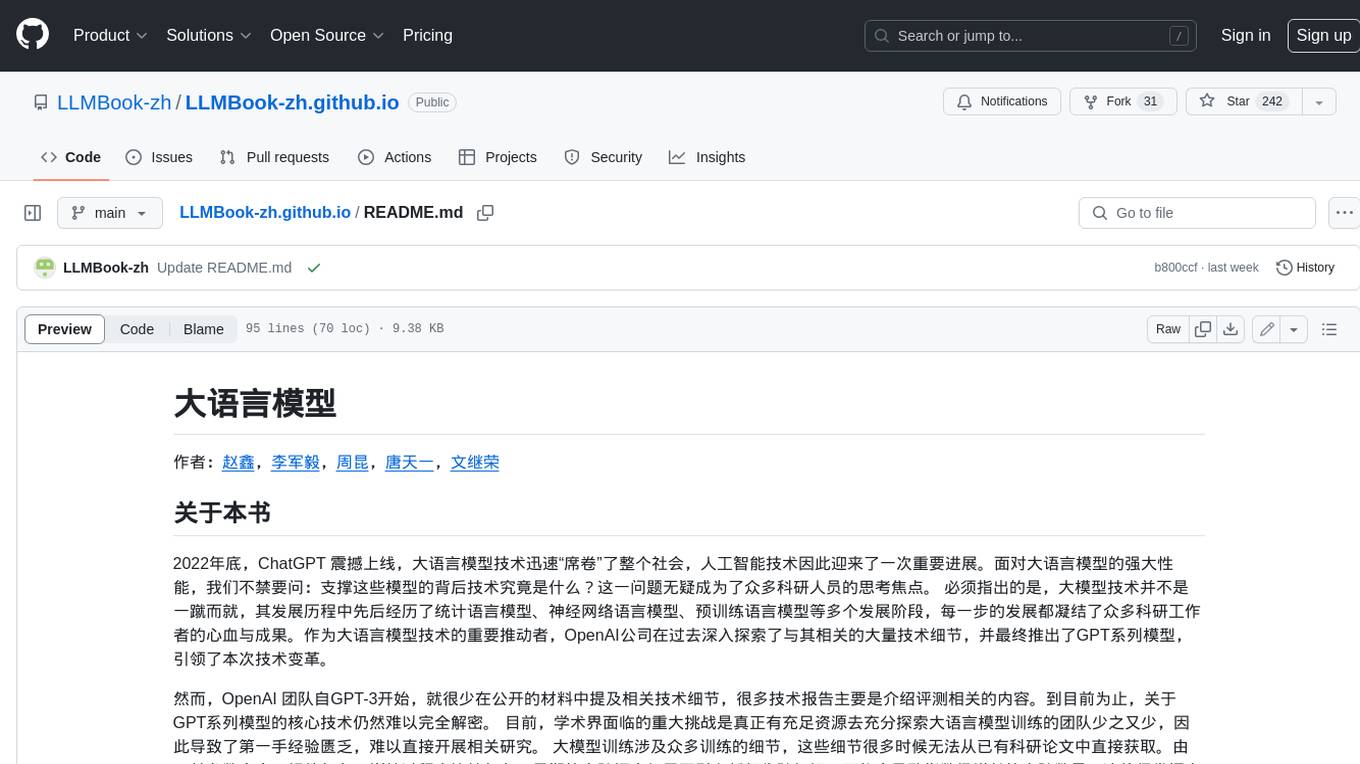
LLMBook-zh.github.io
This book aims to provide readers with a comprehensive understanding of large language model technology, including its basic principles, key technologies, and application prospects. Through in-depth research and practice, we can continuously explore and improve large language model technology, and contribute to the development of the field of artificial intelligence.
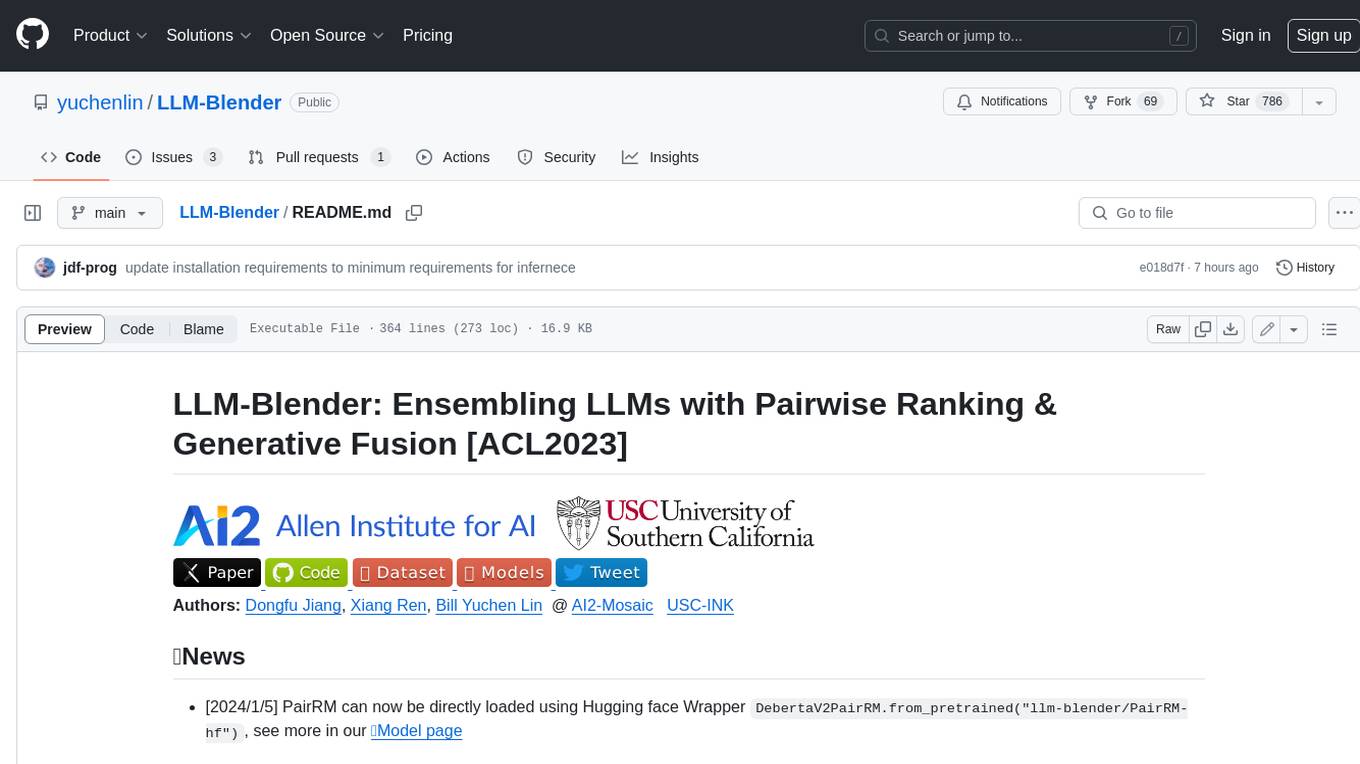
LLM-Blender
LLM-Blender is a framework for ensembling large language models (LLMs) to achieve superior performance. It consists of two modules: PairRanker and GenFuser. PairRanker uses pairwise comparisons to distinguish between candidate outputs, while GenFuser merges the top-ranked candidates to create an improved output. LLM-Blender has been shown to significantly surpass the best LLMs and baseline ensembling methods across various metrics on the MixInstruct benchmark dataset.
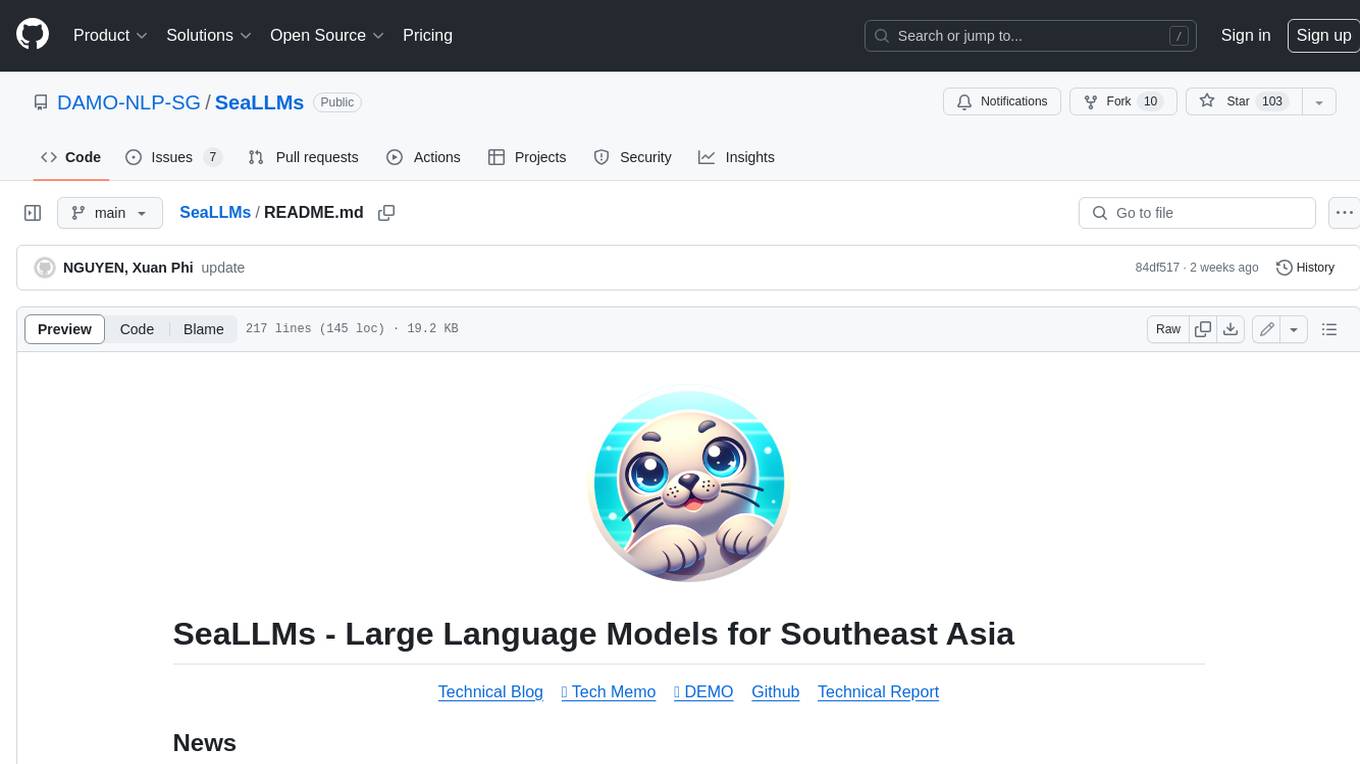
SeaLLMs
SeaLLMs are a family of language models optimized for Southeast Asian (SEA) languages. They were pre-trained from Llama-2, on a tailored publicly-available dataset, which comprises texts in Vietnamese 🇻🇳, Indonesian 🇮🇩, Thai 🇹🇭, Malay 🇲🇾, Khmer🇰🇭, Lao🇱🇦, Tagalog🇵🇭 and Burmese🇲🇲. The SeaLLM-chat underwent supervised finetuning (SFT) and specialized self-preferencing DPO using a mix of public instruction data and a small number of queries used by SEA language native speakers in natural settings, which **adapt to the local cultural norms, customs, styles and laws in these areas**. SeaLLM-13b models exhibit superior performance across a wide spectrum of linguistic tasks and assistant-style instruction-following capabilities relative to comparable open-source models. Moreover, they outperform **ChatGPT-3.5** in non-Latin languages, such as Thai, Khmer, Lao, and Burmese.
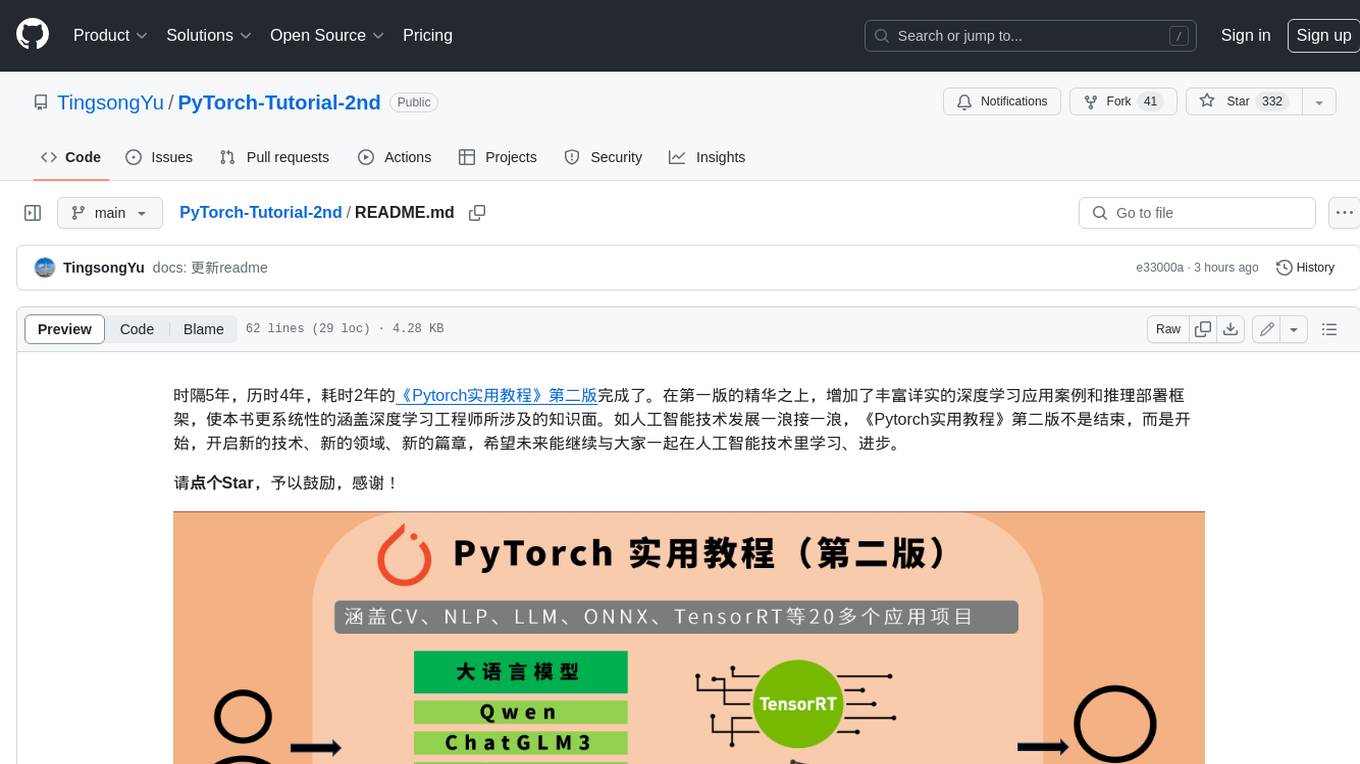
PyTorch-Tutorial-2nd
The second edition of "PyTorch Practical Tutorial" was completed after 5 years, 4 years, and 2 years. On the basis of the essence of the first edition, rich and detailed deep learning application cases and reasoning deployment frameworks have been added, so that this book can more systematically cover the knowledge involved in deep learning engineers. As the development of artificial intelligence technology continues to emerge, the second edition of "PyTorch Practical Tutorial" is not the end, but the beginning, opening up new technologies, new fields, and new chapters. I hope to continue learning and making progress in artificial intelligence technology with you in the future.
20 - OpenAI Gpts
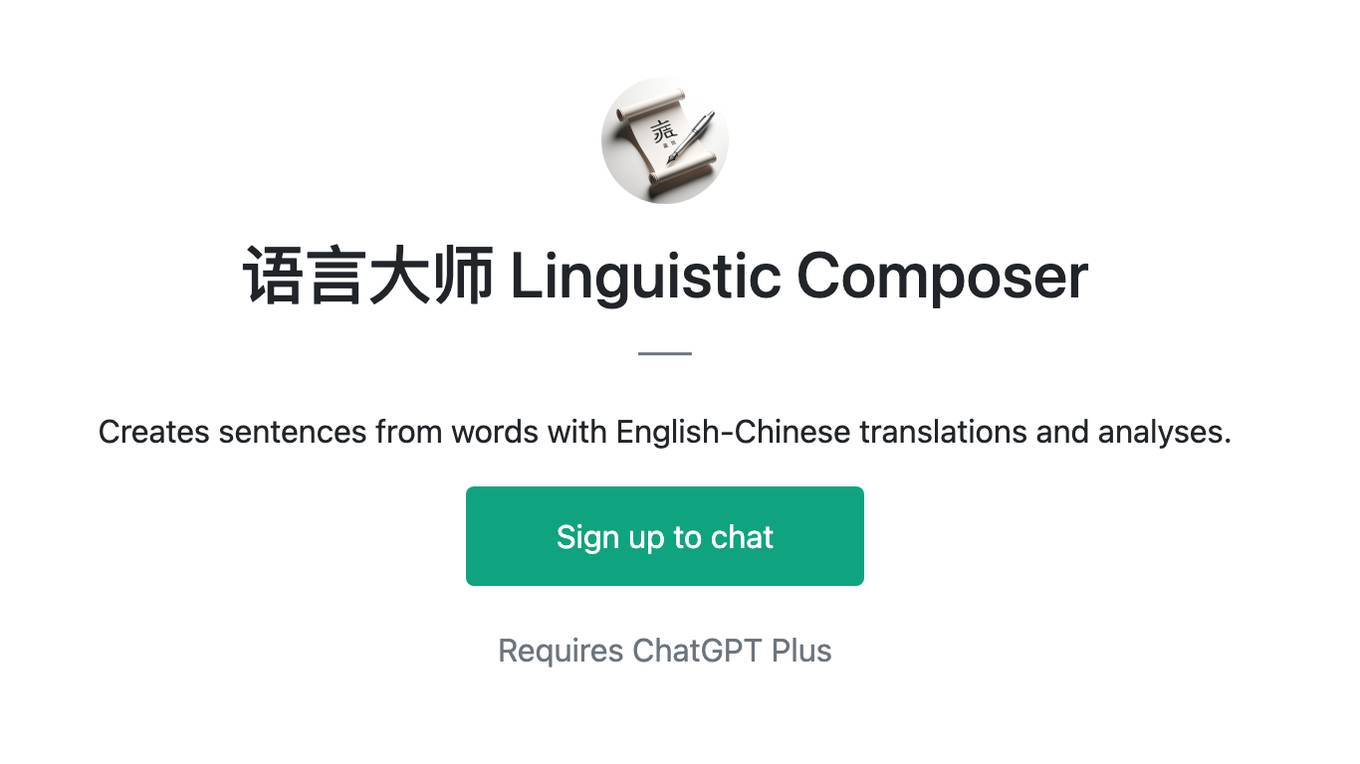
语言大师 Linguistic Composer
Creates sentences from words with English-Chinese translations and analyses.
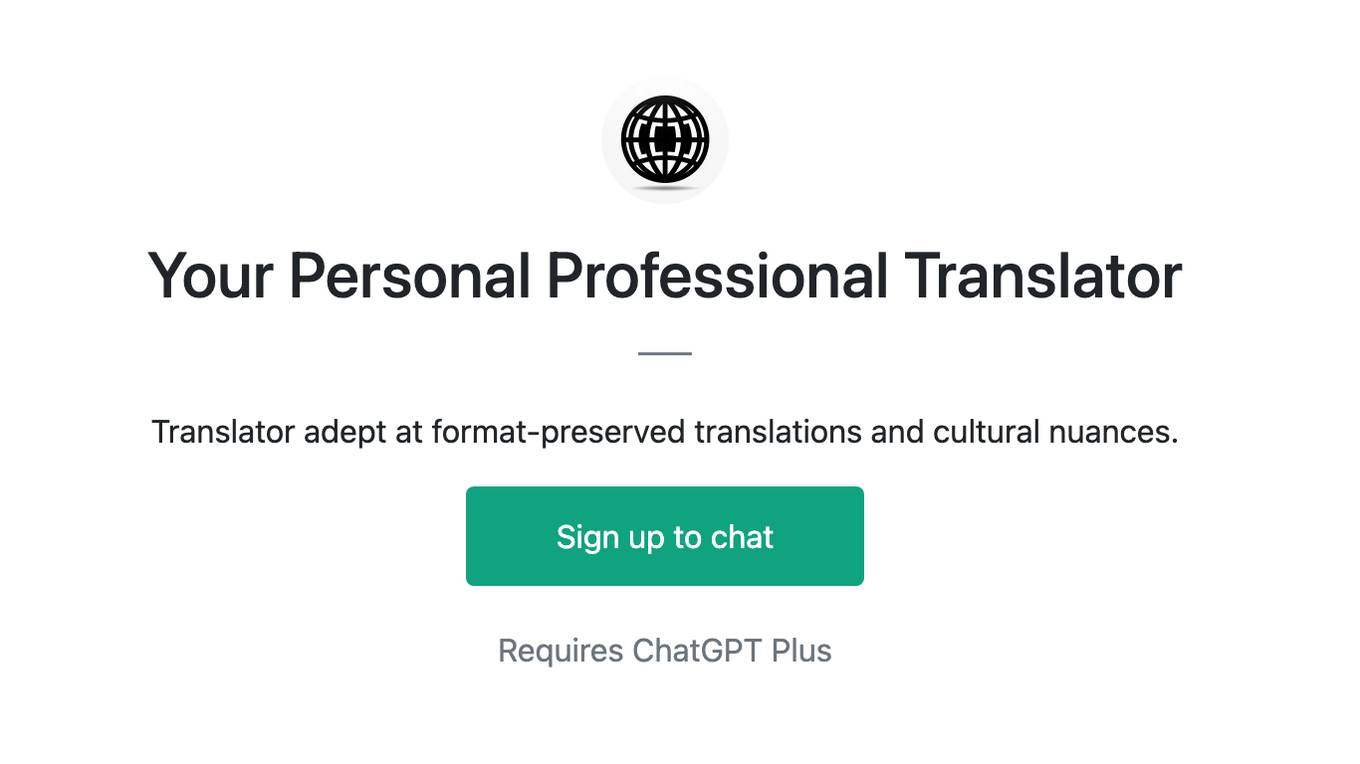
Your Personal Professional Translator
Translator adept at format-preserved translations and cultural nuances.

中韩金融翻译
Expert in Chinese-Korean translations, focusing on investment content with polished, natural language.
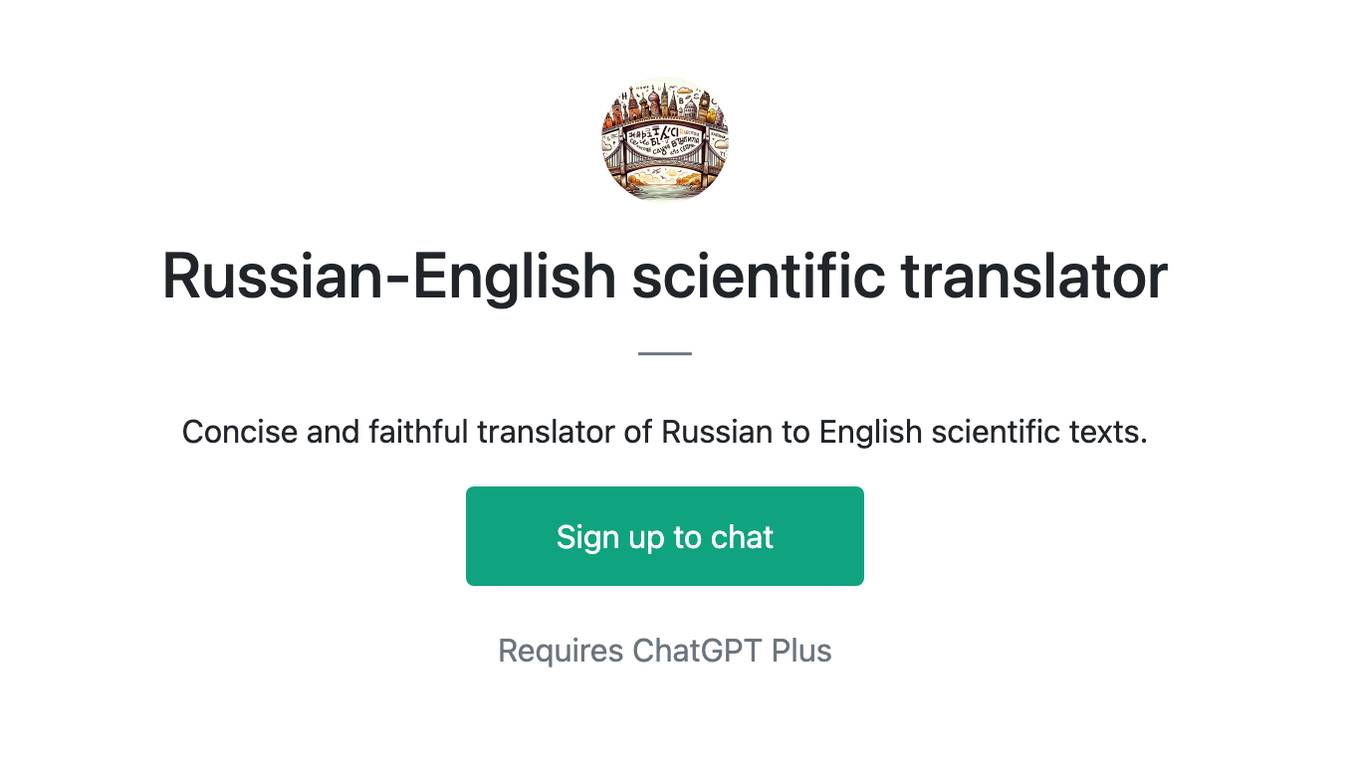
Russian-English scientific translator
Concise and faithful translator of Russian to English scientific texts.

インスタ翻訳 pro
日本語の文章をインスタグラム投稿用の自然な英語に意訳し、バイラルするハッシュタグを自動で生成します。意訳されたコンテンツが日本語でどんな意味になるかも教えてくれるので、英語が苦手な人でも安心して海外向けインスタ運用ができます。まずは、日本語のインスタグラム投稿文をコピーアンドペーストで入力してみてください。
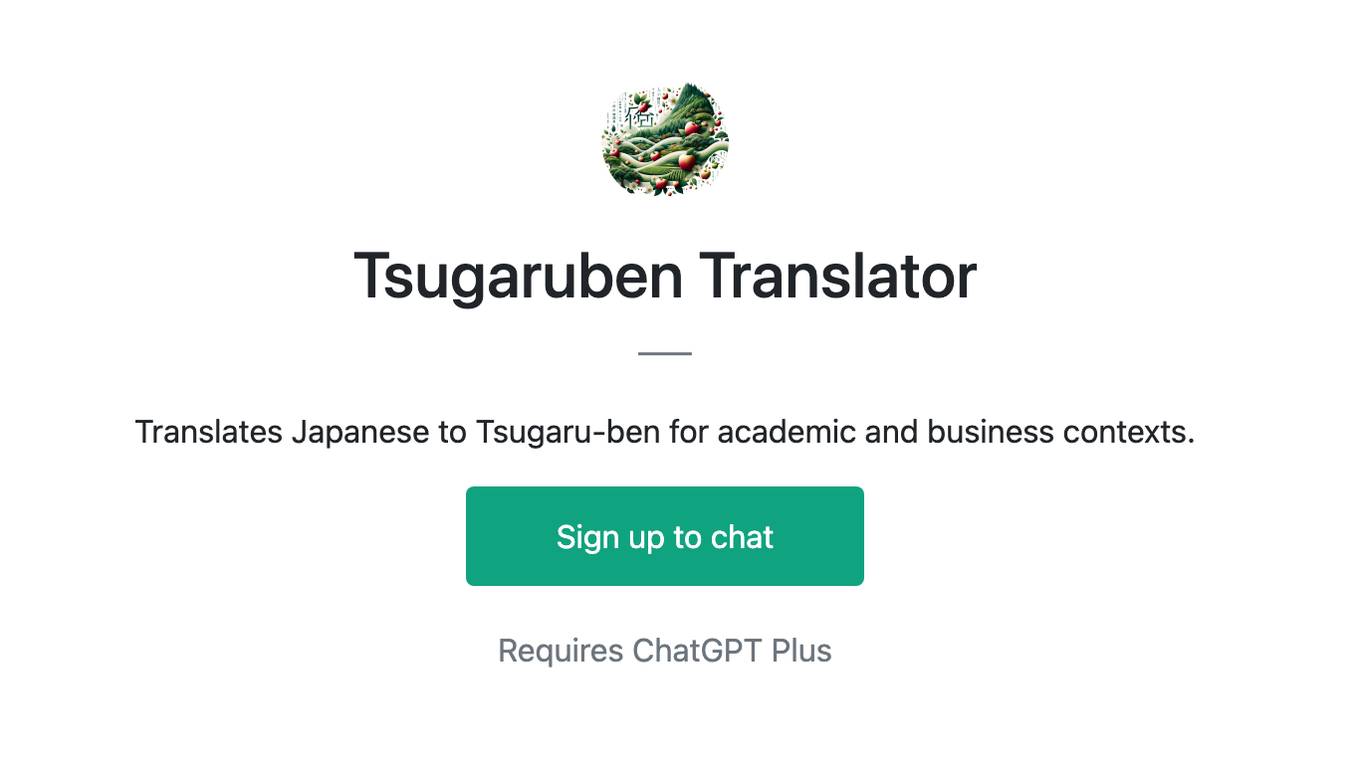
Tsugaruben Translator
Translates Japanese to Tsugaru-ben for academic and business contexts.
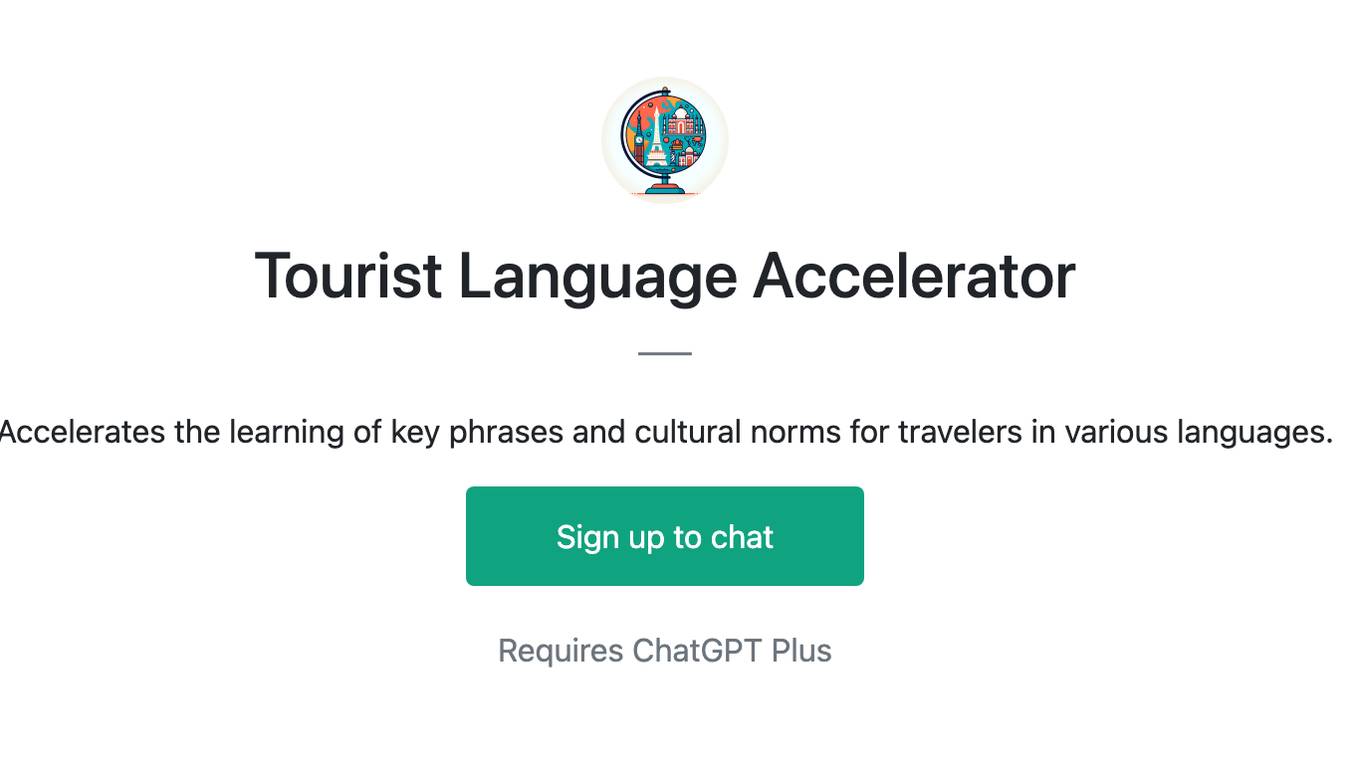
Tourist Language Accelerator
Accelerates the learning of key phrases and cultural norms for travelers in various languages.
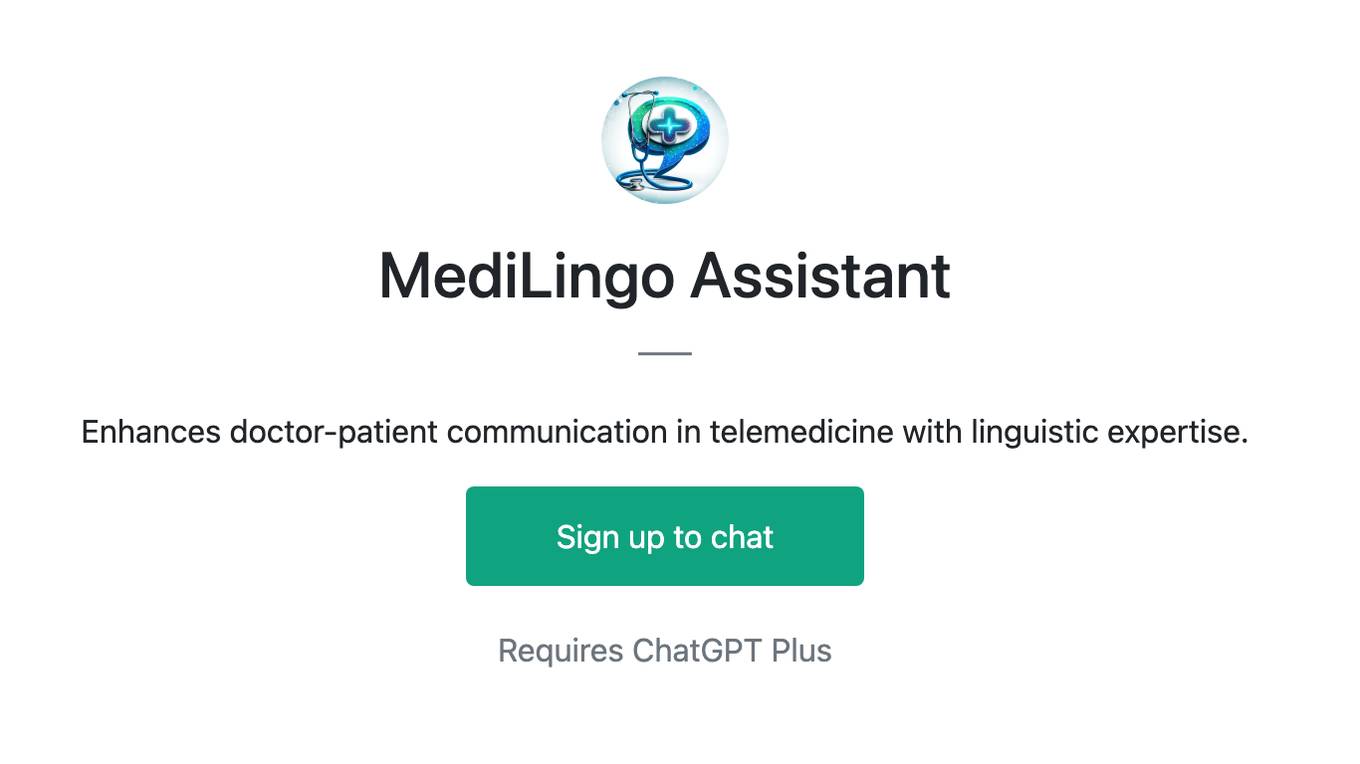
MediLingo Assistant
Enhances doctor-patient communication in telemedicine with linguistic expertise.
